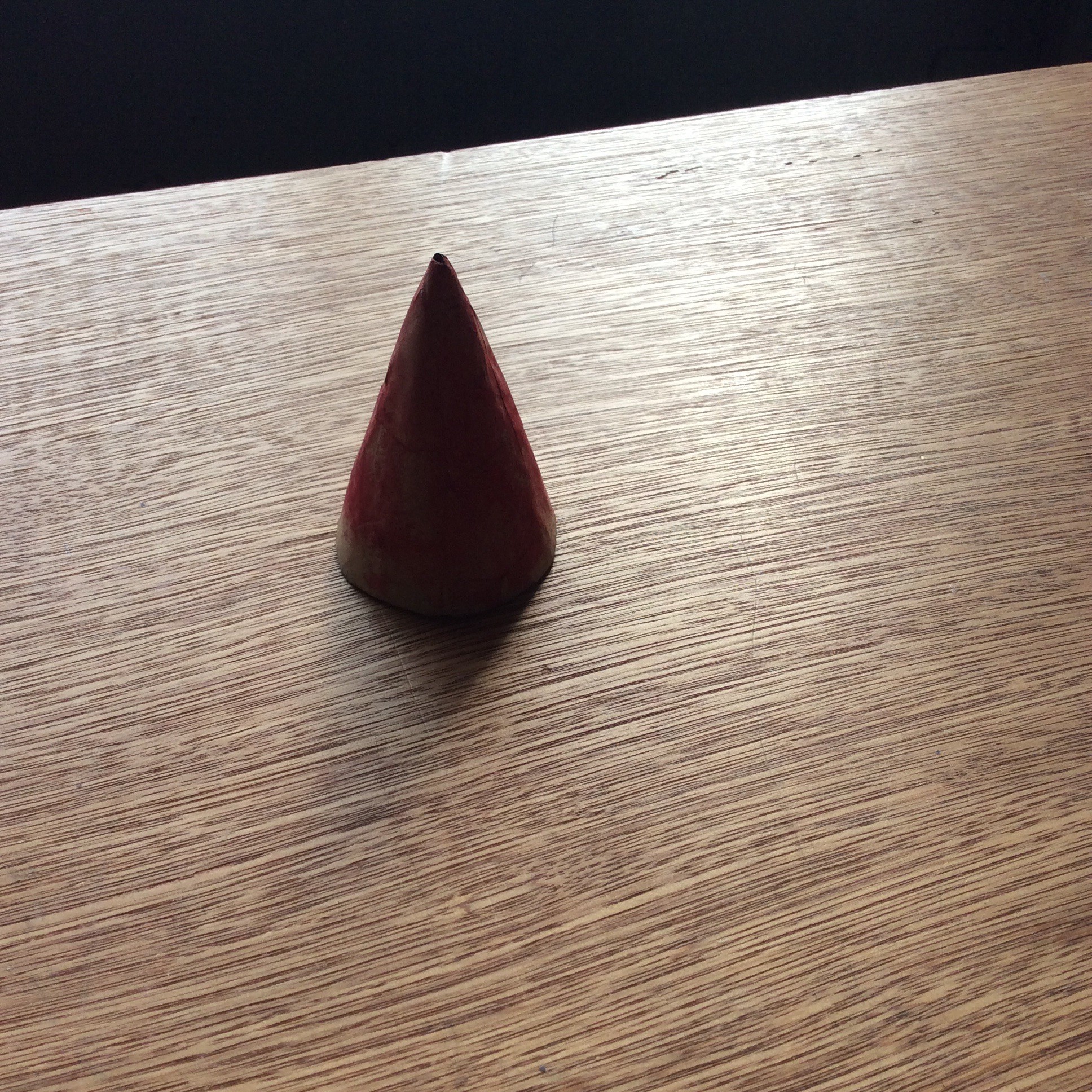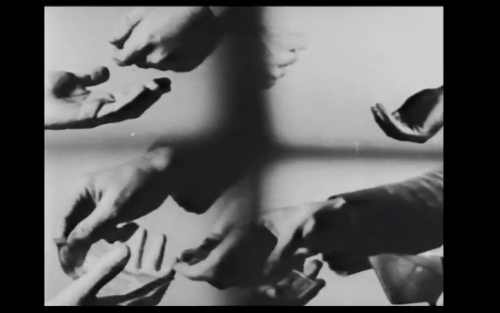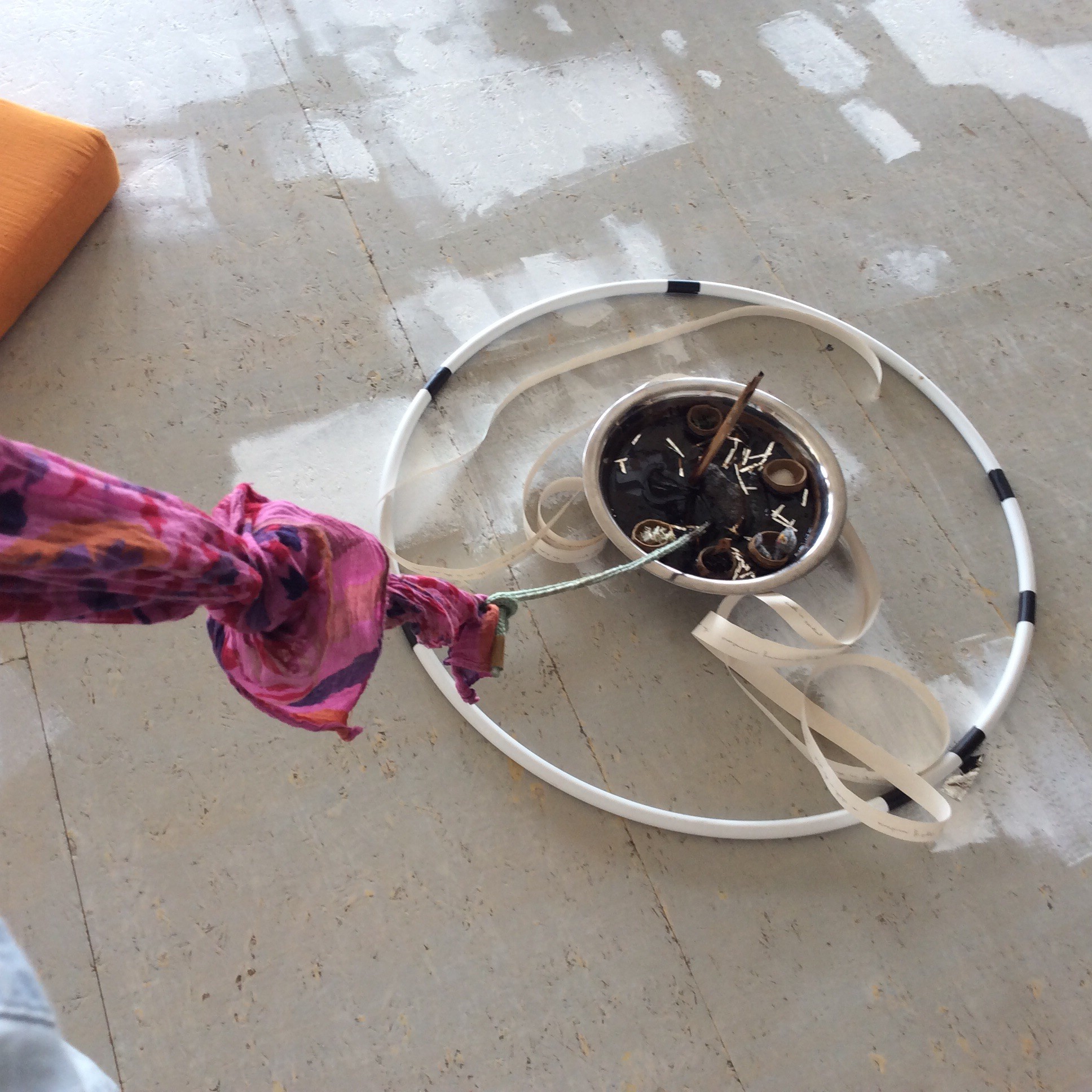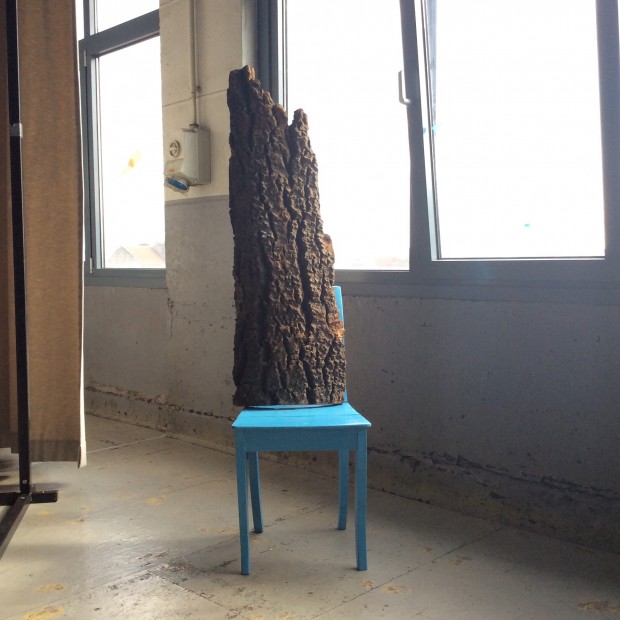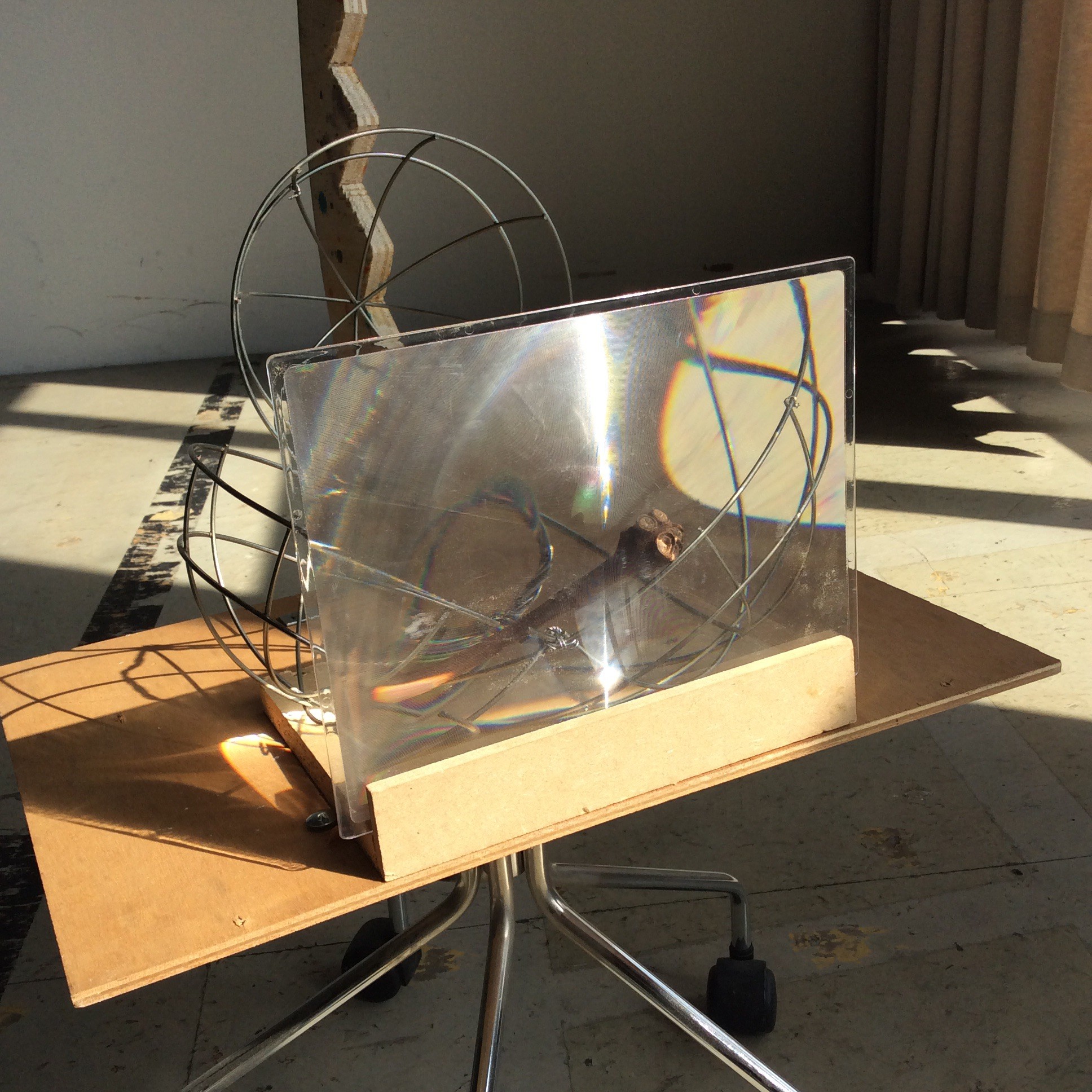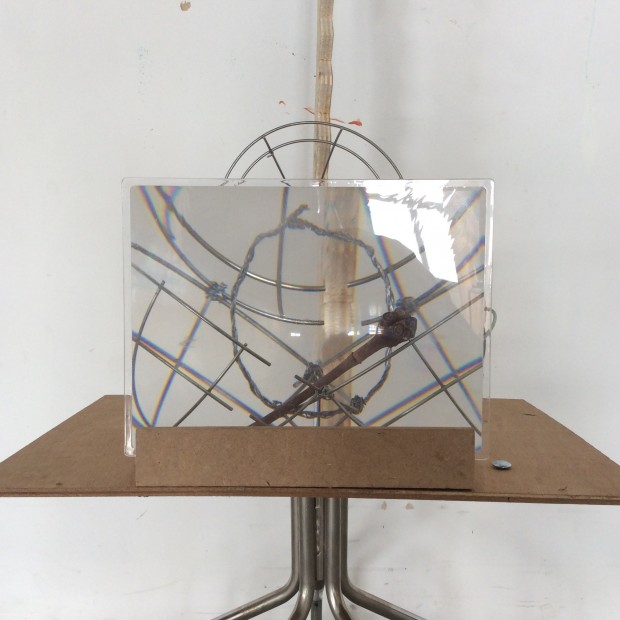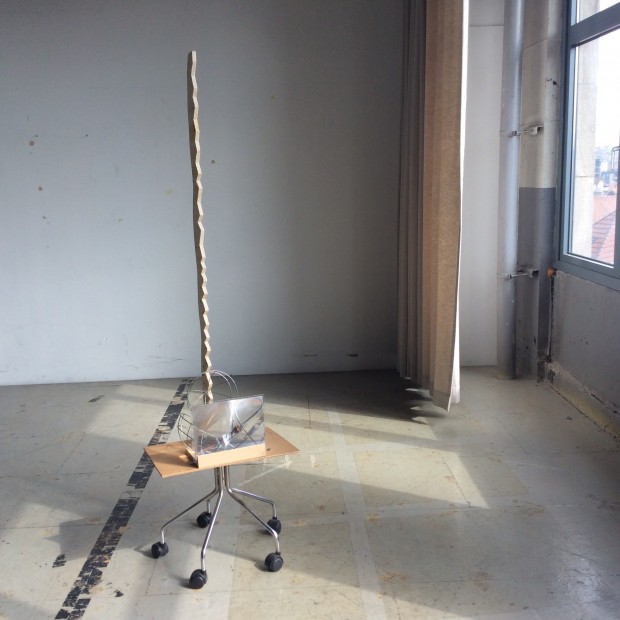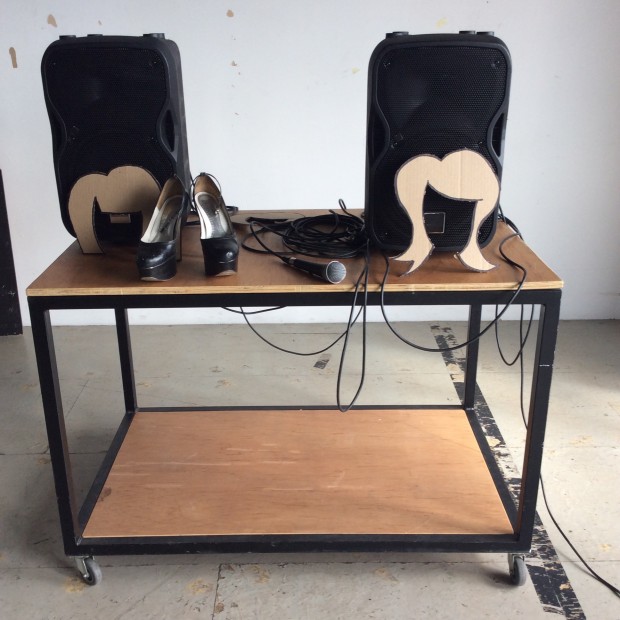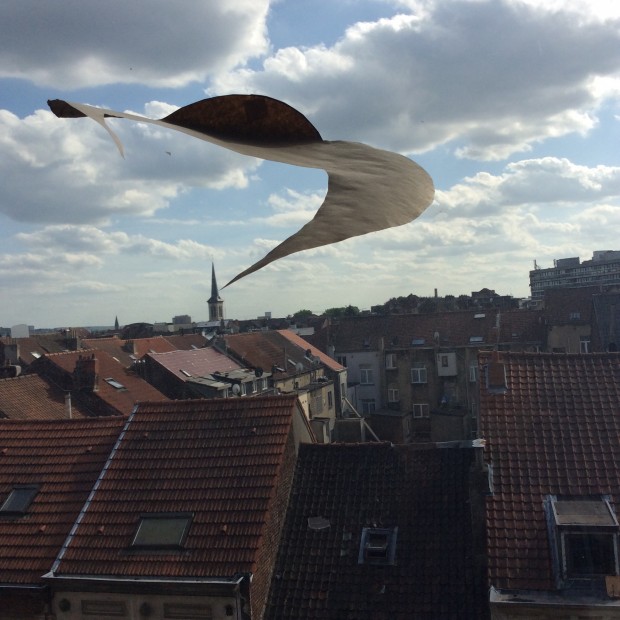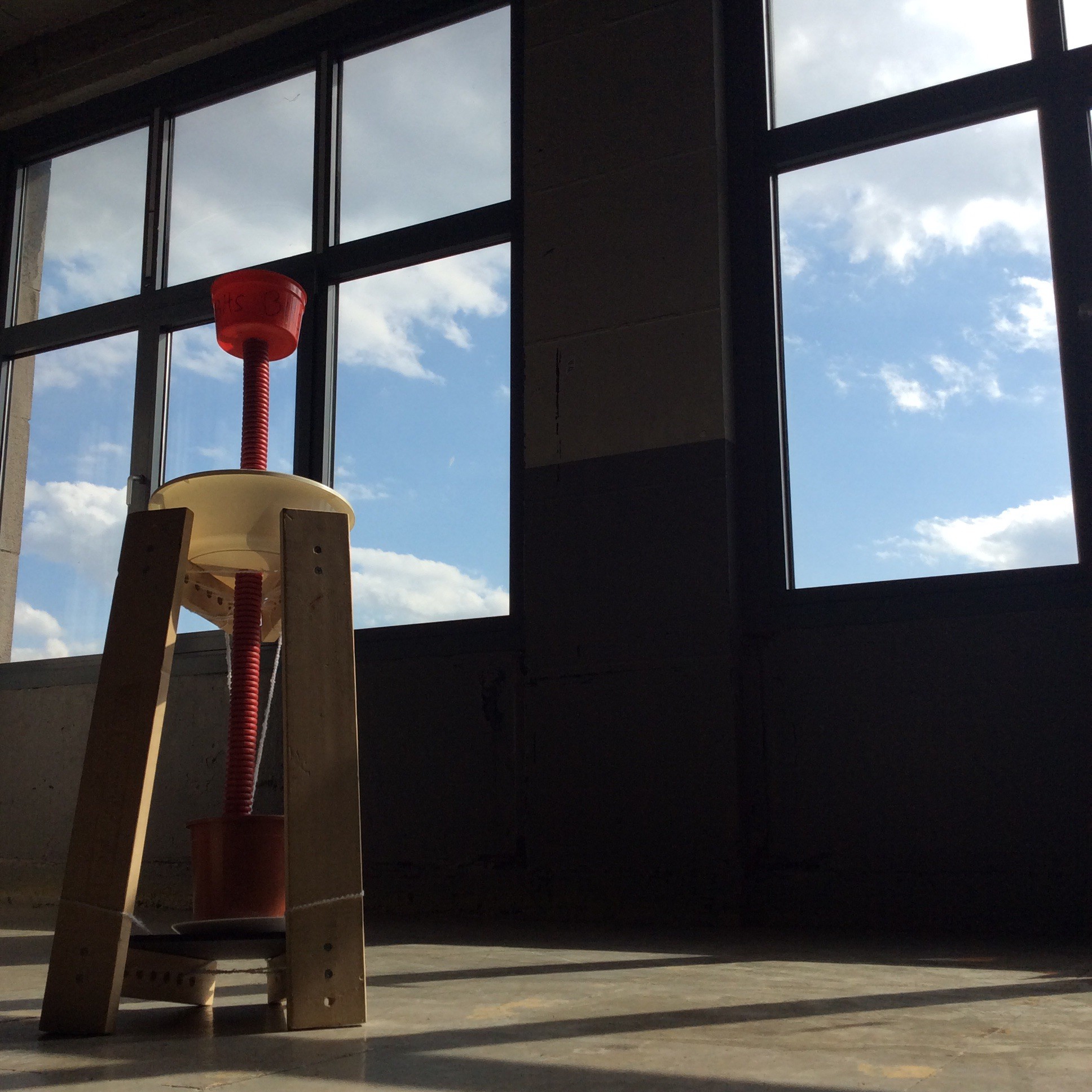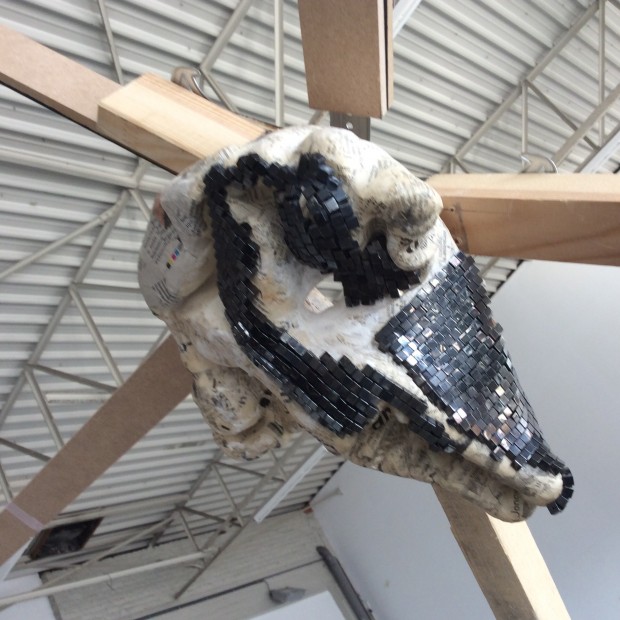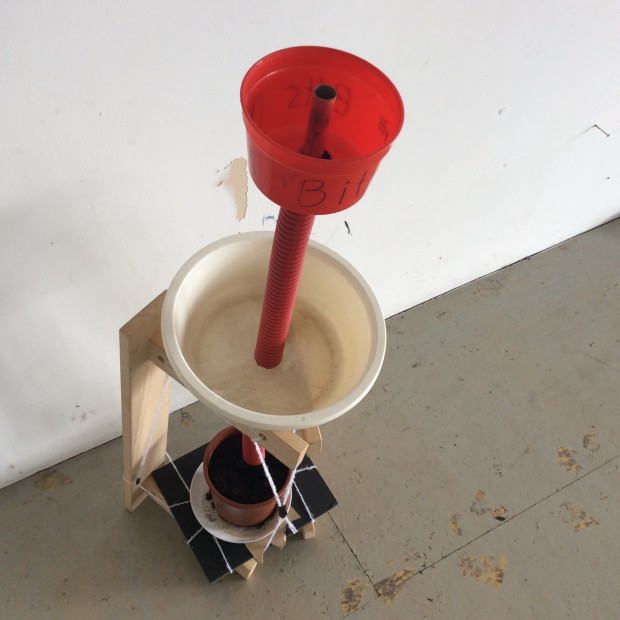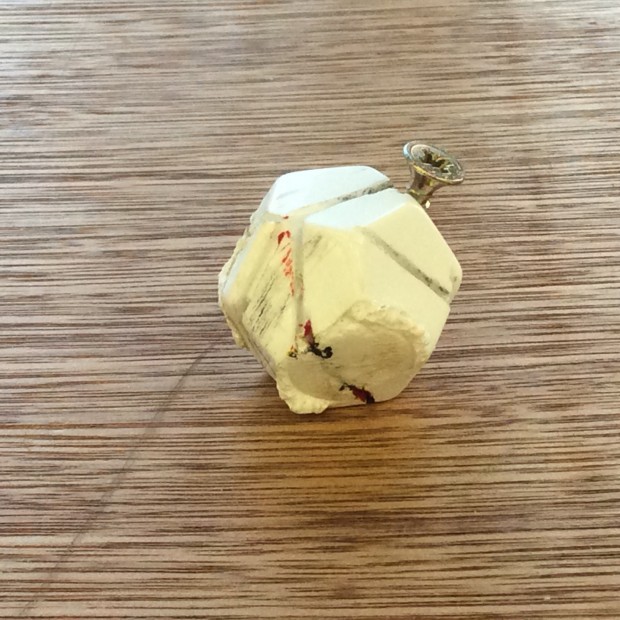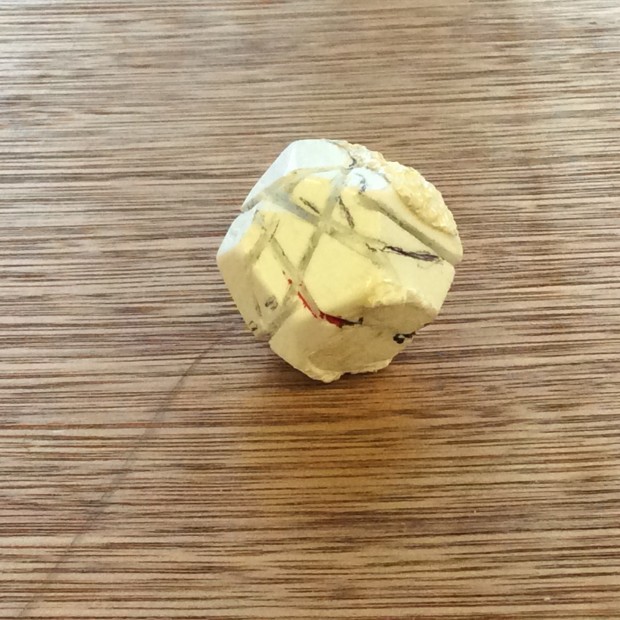postgraduate program, workshop
Tom Plischke & Kattrin Deufert CONSEQUENCES
2-6 March 2009
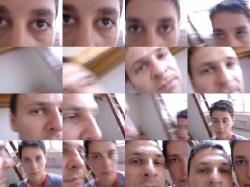
Read more..
postgraduate program, workshop
Tom Plischke & Kattrin Deufert CONSEQUENCES II
1-6 March 2010

Read more..
postgraduate program, project, workshop
Higher Performance!
7-18 May 2012

Some workshopping in economics for artists is due!
At latest since 2008 it became clear, that the economic system we are living in and with is wacky, unjust and not sustainable. Many of its instruments are either exaggerated or exhausted. The bubbles it produces in different markets are getting out of control and deregulated fiscal constructions are dramatically failing.
postgraduate program, workshop
PIERRE RUBIO / PETER STAMER HOW ABOUT CRITIQUE, CRITICALITY, CRISIS?
24-28 June 2013
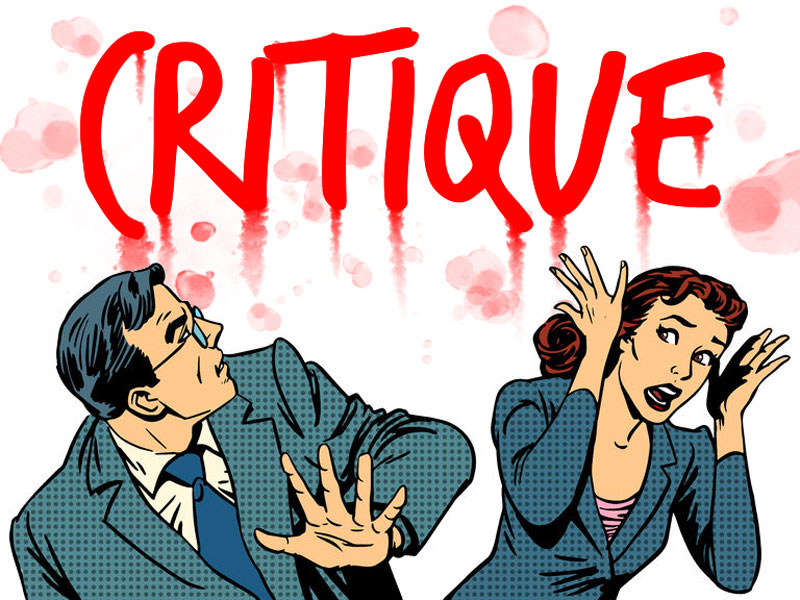
Read more..
postgraduate program, workshop
Pierre Rubio / Elke van campenhout “general intellect ? – it’s not about you, stupid !”
3-7 March 2014
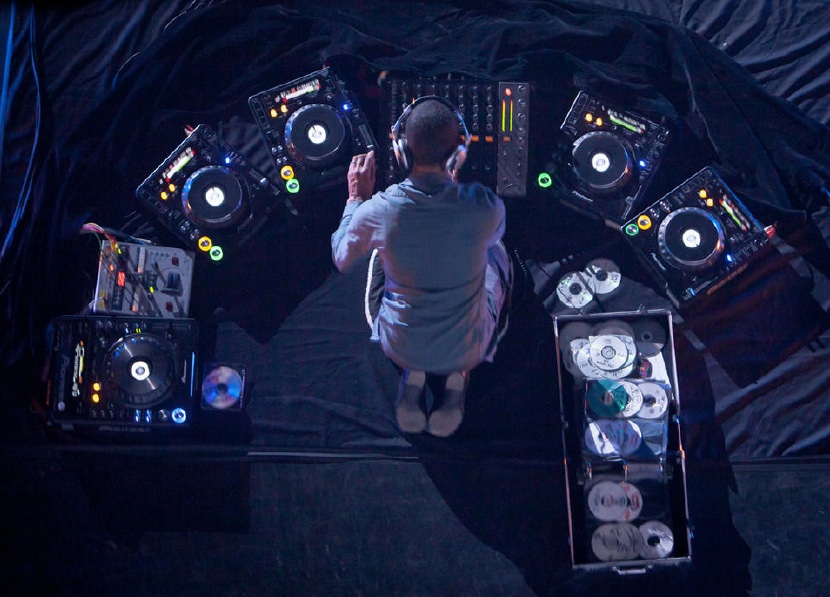
Read more..
postgraduate program, project, workshop
Occupy Democracy
29 September-3 October 2014
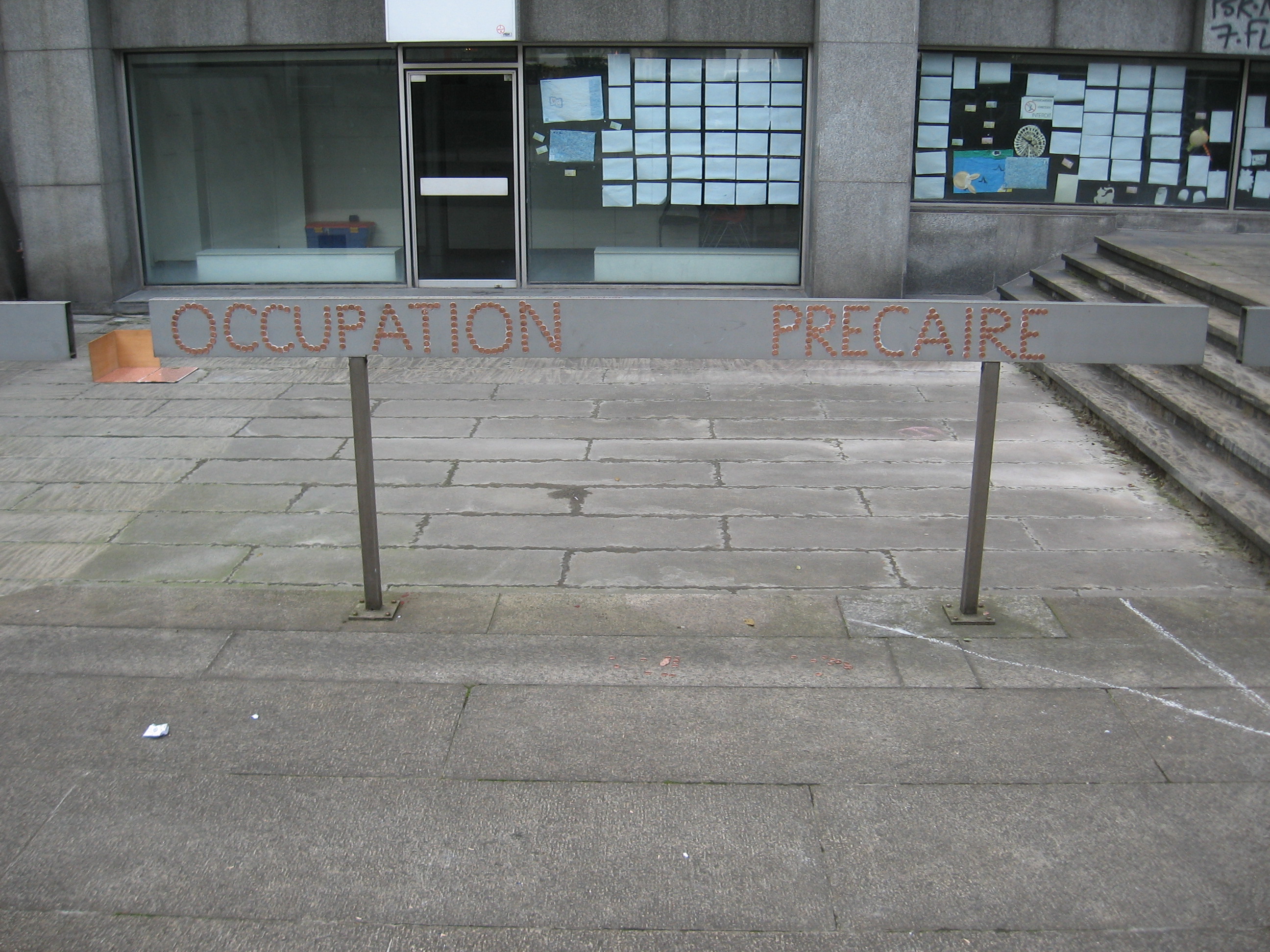
Read more..
postgraduate program, workshop
Pierre Rubio, Elke Van Campenhout Performance / Performativity / Objects / Subjects
19-23 January 2015
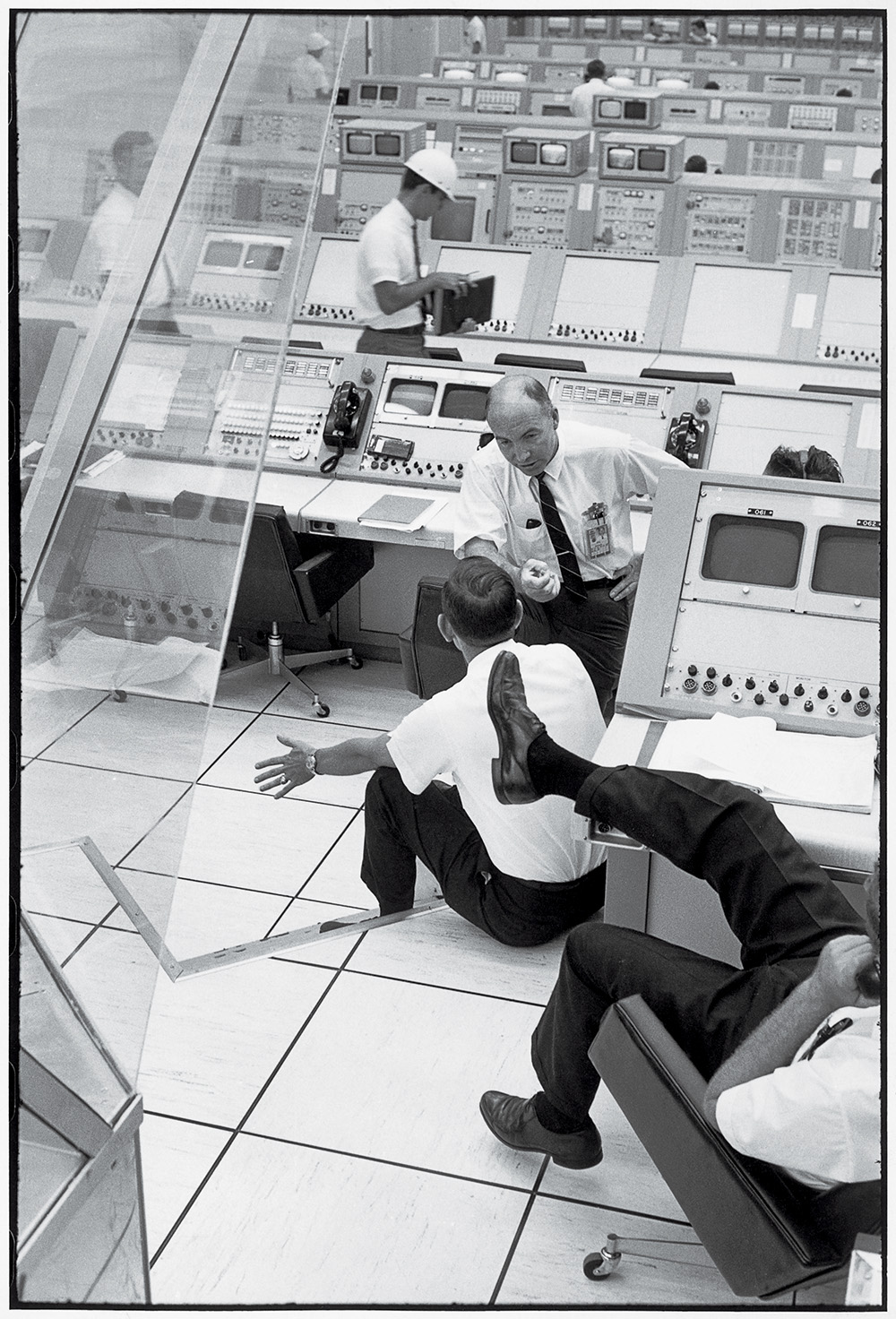
Read more..
postgraduate program, workshop
Ana Hoffner Tools for artistic research – Beckett
2-6 February 2015
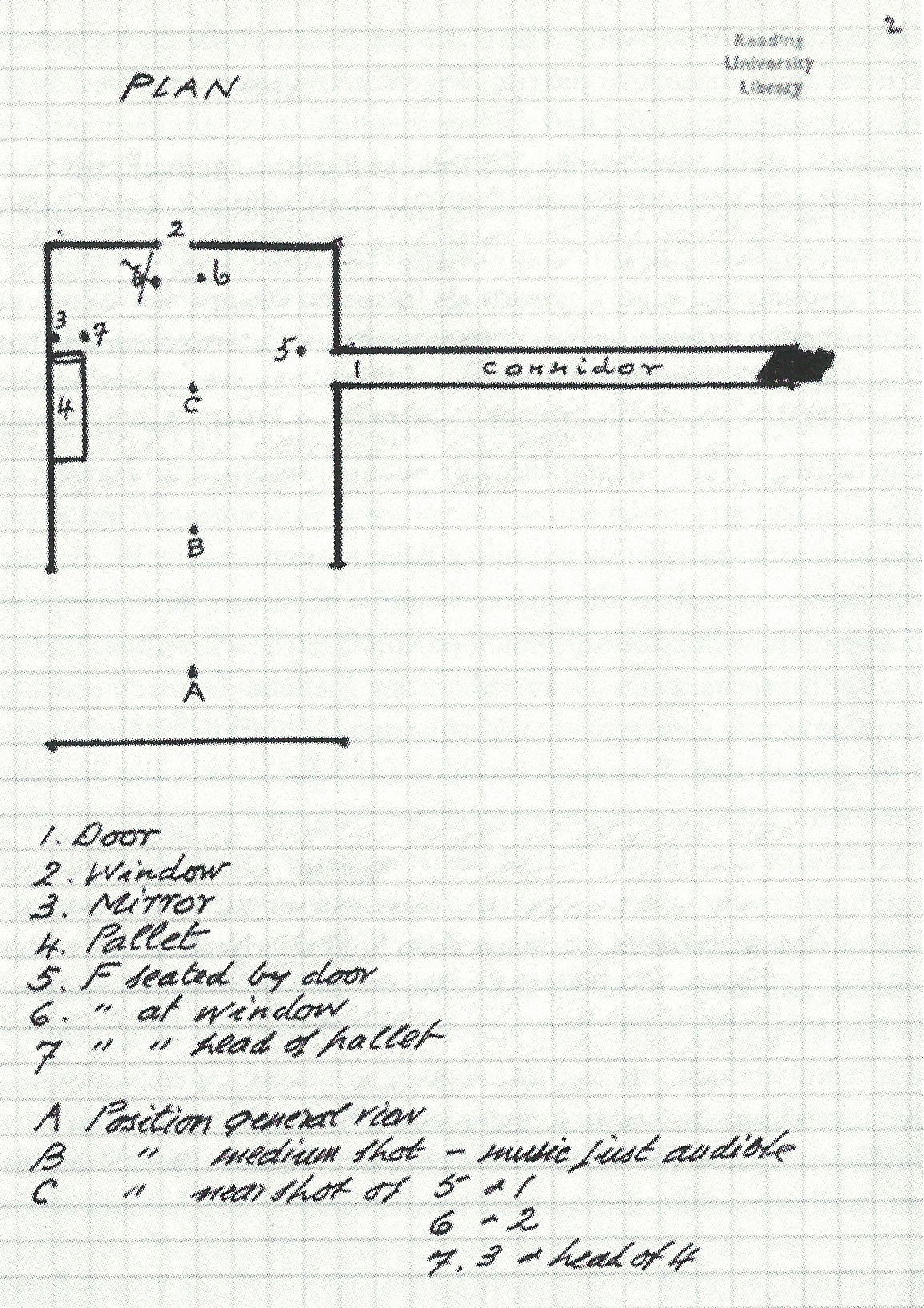
Read more..
postgraduate program, research center
2015 BLOCK II
1 May-31 July 2015
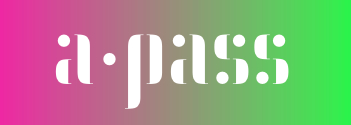
Read more..
information, postgraduate program
Self-Interview & Peer-to-Peer mentoring
1 May-31 July 2015
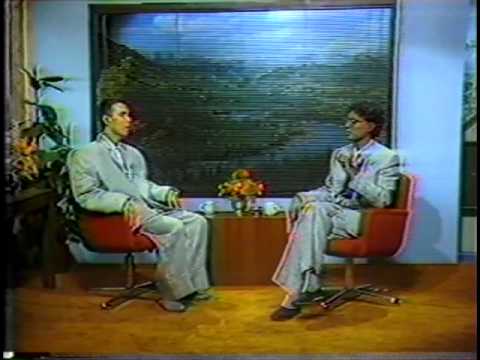
Read more..
postgraduate program, workshop
Nicolas Galeazzi BRICOLAGE
4-8 May 2015 / a.pass
a tool for opening the block
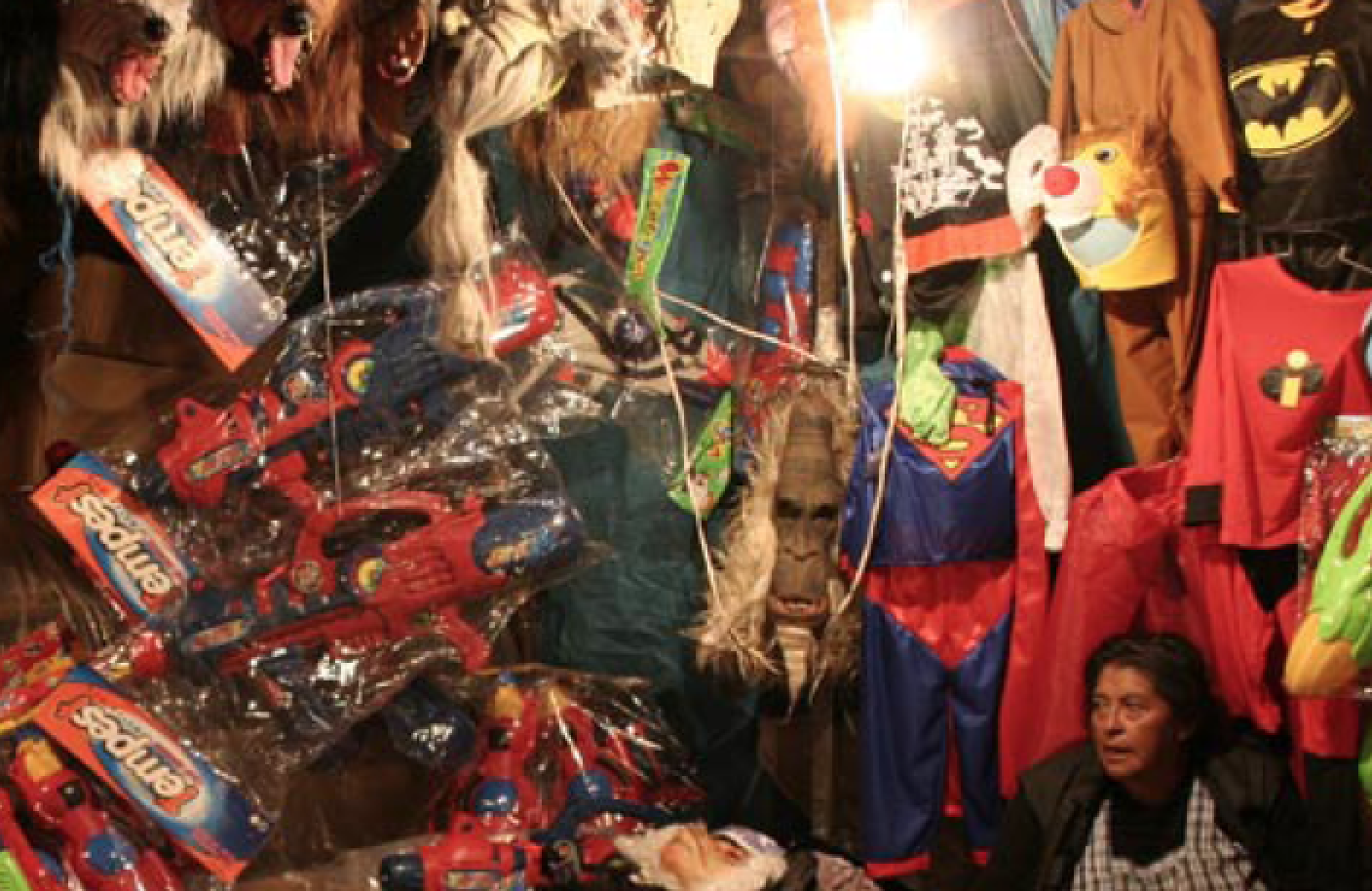
Read more..
postgraduate program, research center
a.pass research centre The House of Spirits
10 May-24 July 2015
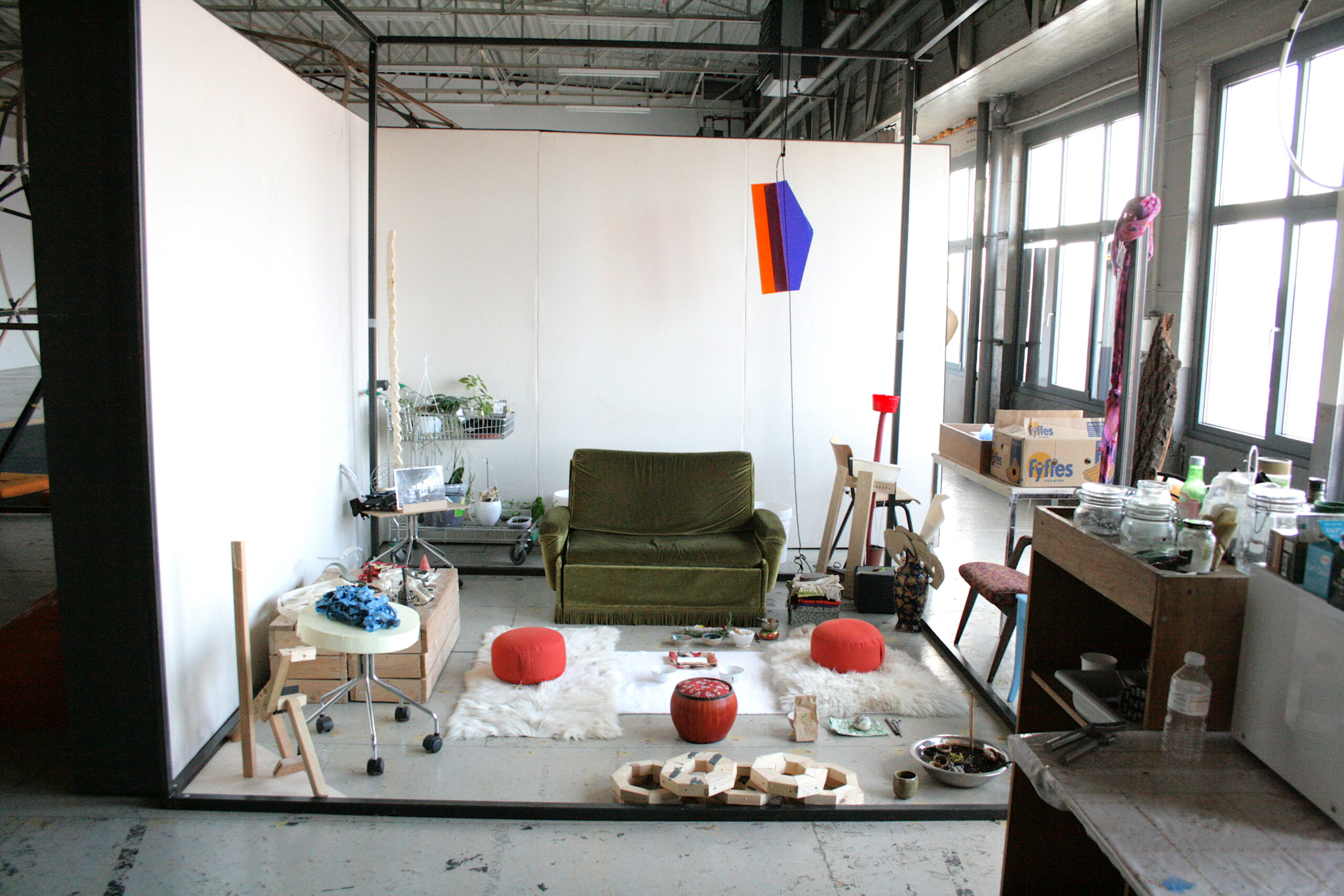
The House of Spirits is a common space for the (re)collection, digestion and transformation of the traces of the individual researches and workshops. The House opens up a space for the shamans/conservators of the Research Centre, as well as some of the participants. Every week another shaman practices in the House of Spirits, working with the case objects of the participants or with left-overs of the workshop, developing a shared ritual for the a.pass group. The strategies of the shaman include reordering, cataloguing, magical transformations, ritual alchemy, displacement and fictionalisation.
Read more..postgraduate program, reading session, research center
Reading Circle
11 May-29 August 2015 / a.pass
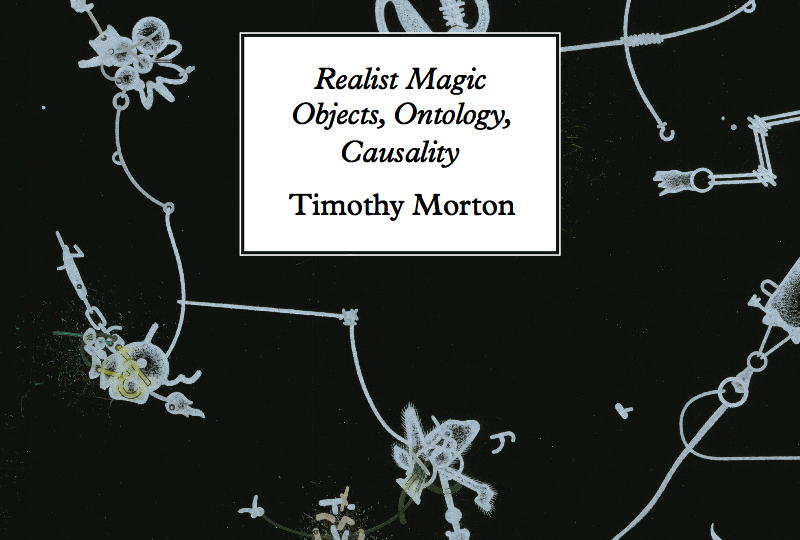
As a red thread throughout the block the participants engage in a weekly communal reading practice of the book ‘Realist Magic – Object, Ontology, Causality’ by Timothy Morton.
Reading and discussing in-depth this one central text allows for the development of a common ground of reference and connection that functions as a backdrop to the workshops and practices that shape the block. The Reading Circle happens on Monday evenings from 6pm to 10pm.
performative publishing
Ricardo
12 May 2015
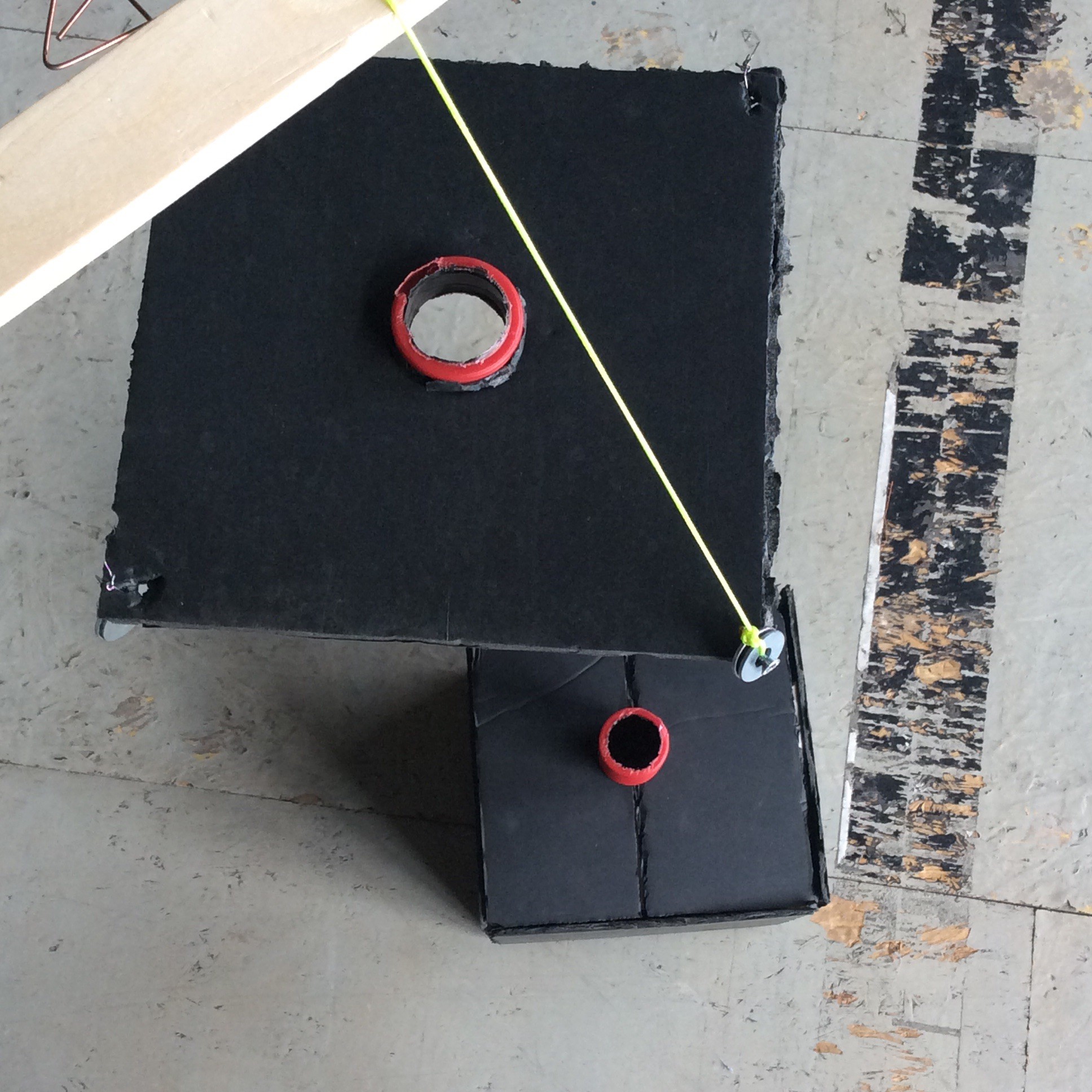
performative publishing
Nicolas
12 May 2015
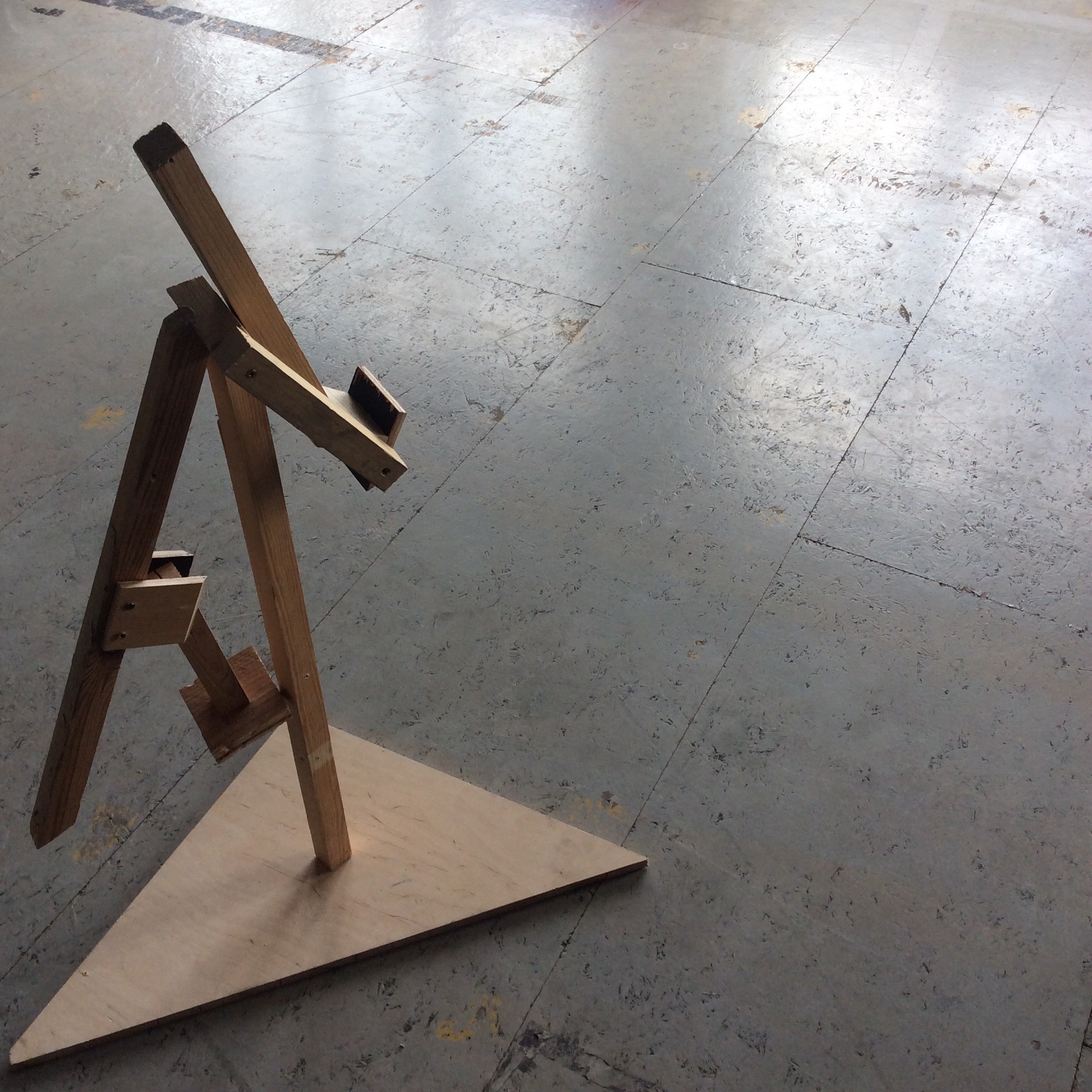
performative publishing
Yari
12 May 2015
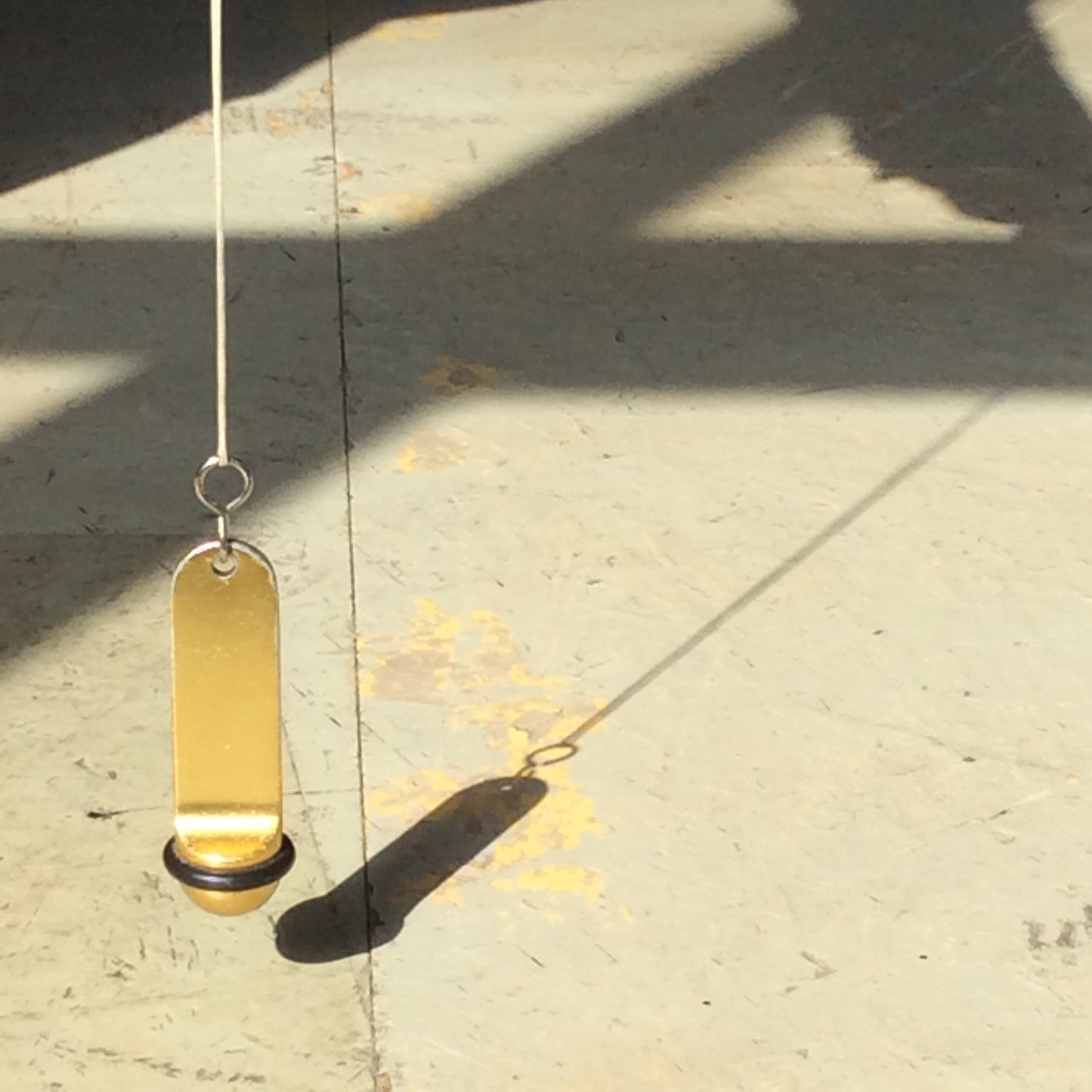
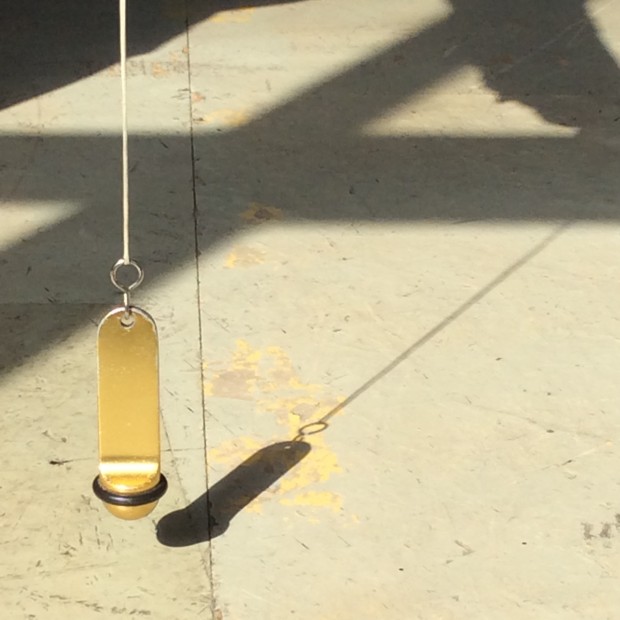
performative publishing
Kleoni
12 May 2015

performative publishing
Veronica
12 May 2015
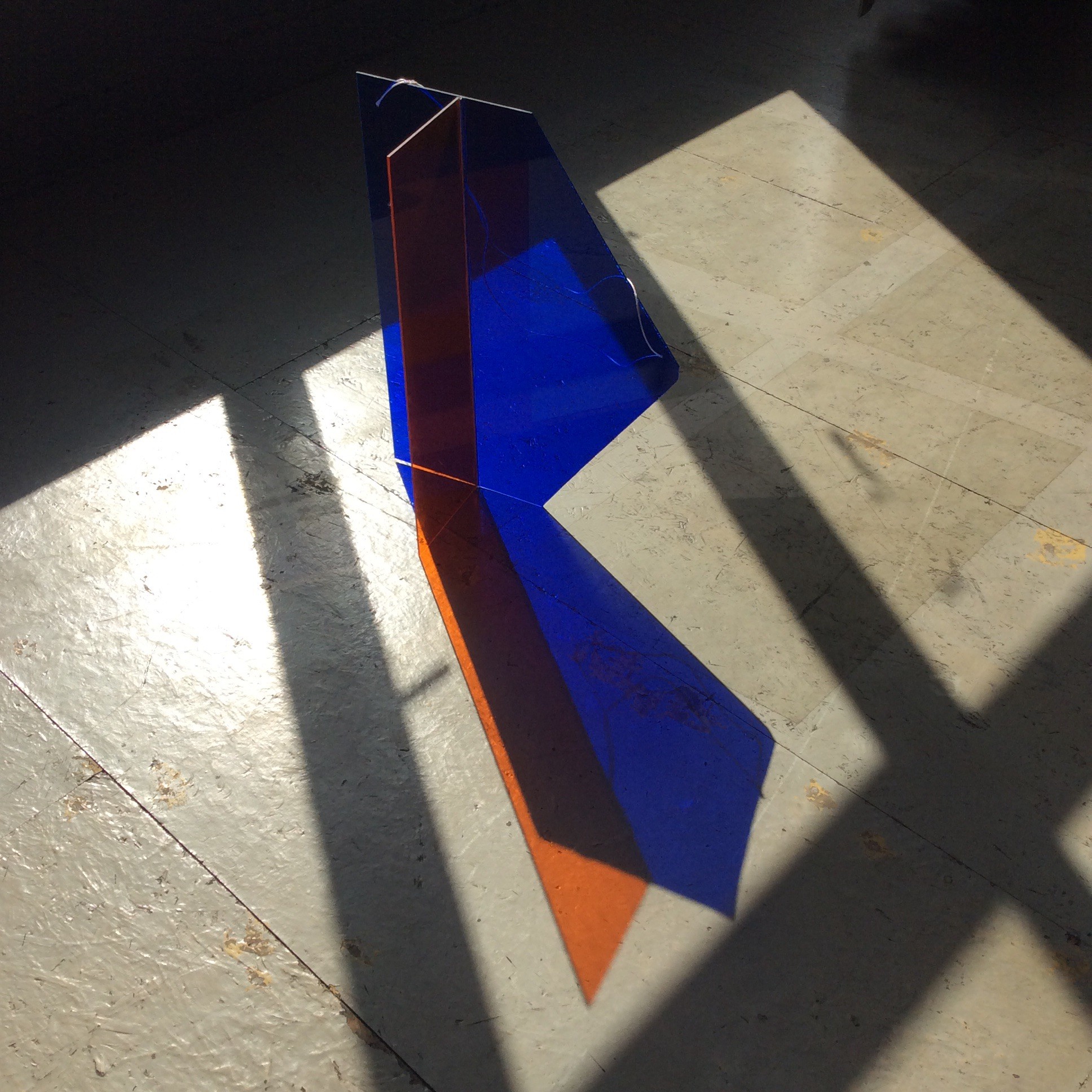
performative publishing
Pierre / Super power
12 May 2015
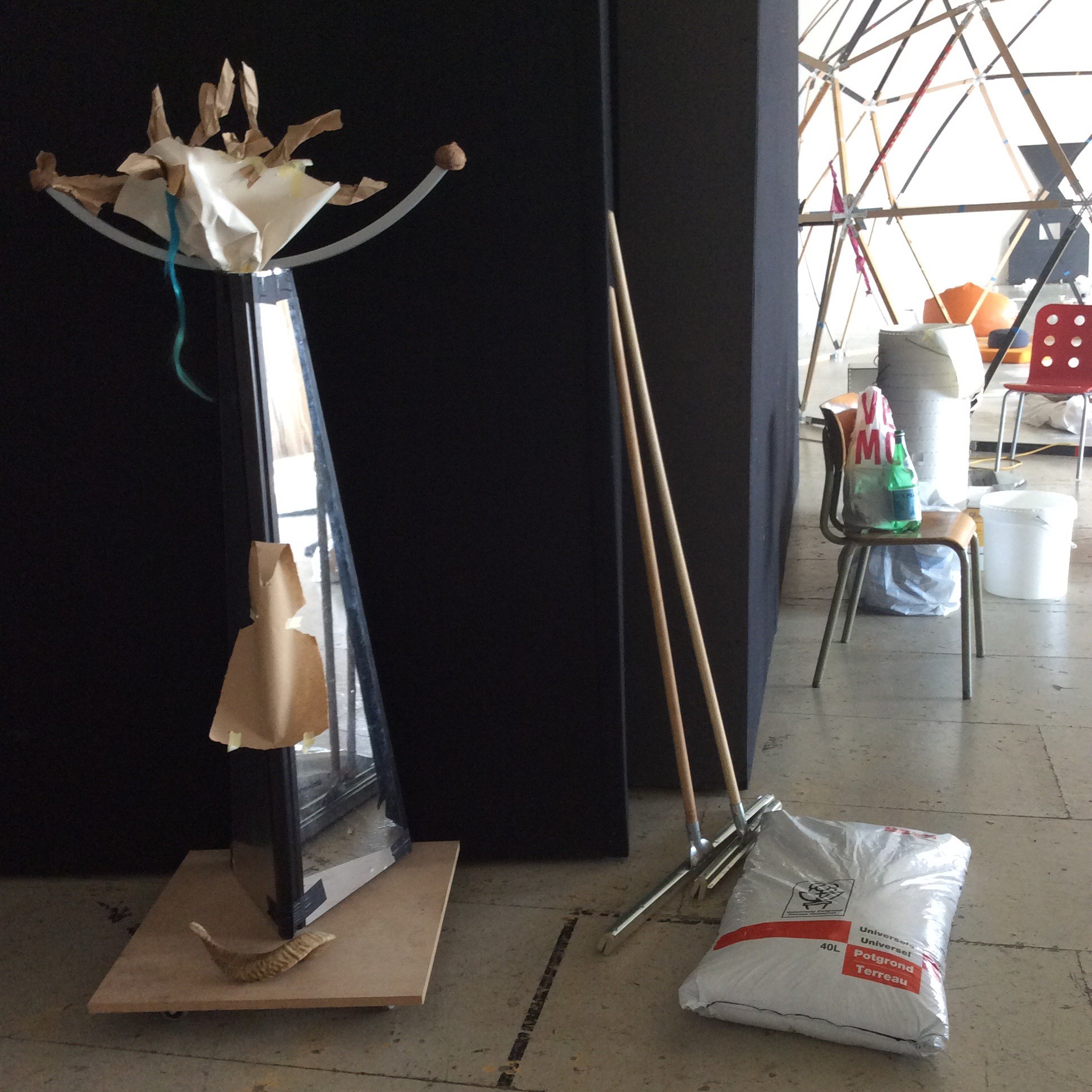
reading session
Culture: The Universal Animal – Eduardo Viveiros de Castro
13 May 2015
Contribution for the discussion about totemism, animism, and naturalism. Lecture by Viveiros de Castro. "Animism could be defined as an ontology which postulates the social character of relations between humans and non-humans: the space between nature and society is itself social. Naturalism is founded on the inverted axiom: relations between society and nature are themselves natural. Indeed, if in the animic mode the distinction "nature/culture" is internal to the social world, humans and animals being immersed in the same socio-cosmic medium (and in this sense, "nature" is a part of an encompassing sociality), then in naturalist ontology, the distinction "nature/culture" is internal to nature (and in this sense, human society is one natural phenomenon amongst others). Animism has "society" as the unmarked pole, naturalism has "nature": these poles function, respectively and contrastingly, as the universal dimension of each mode. Thus animism and naturalism are hierarchical and metonymical structures."Read more..
postgraduate program, workshop
Pierre Rubio / Geert Opsomer / Pierre Joachim ECOLOGY OF AFFECTS
25-29 May 2015
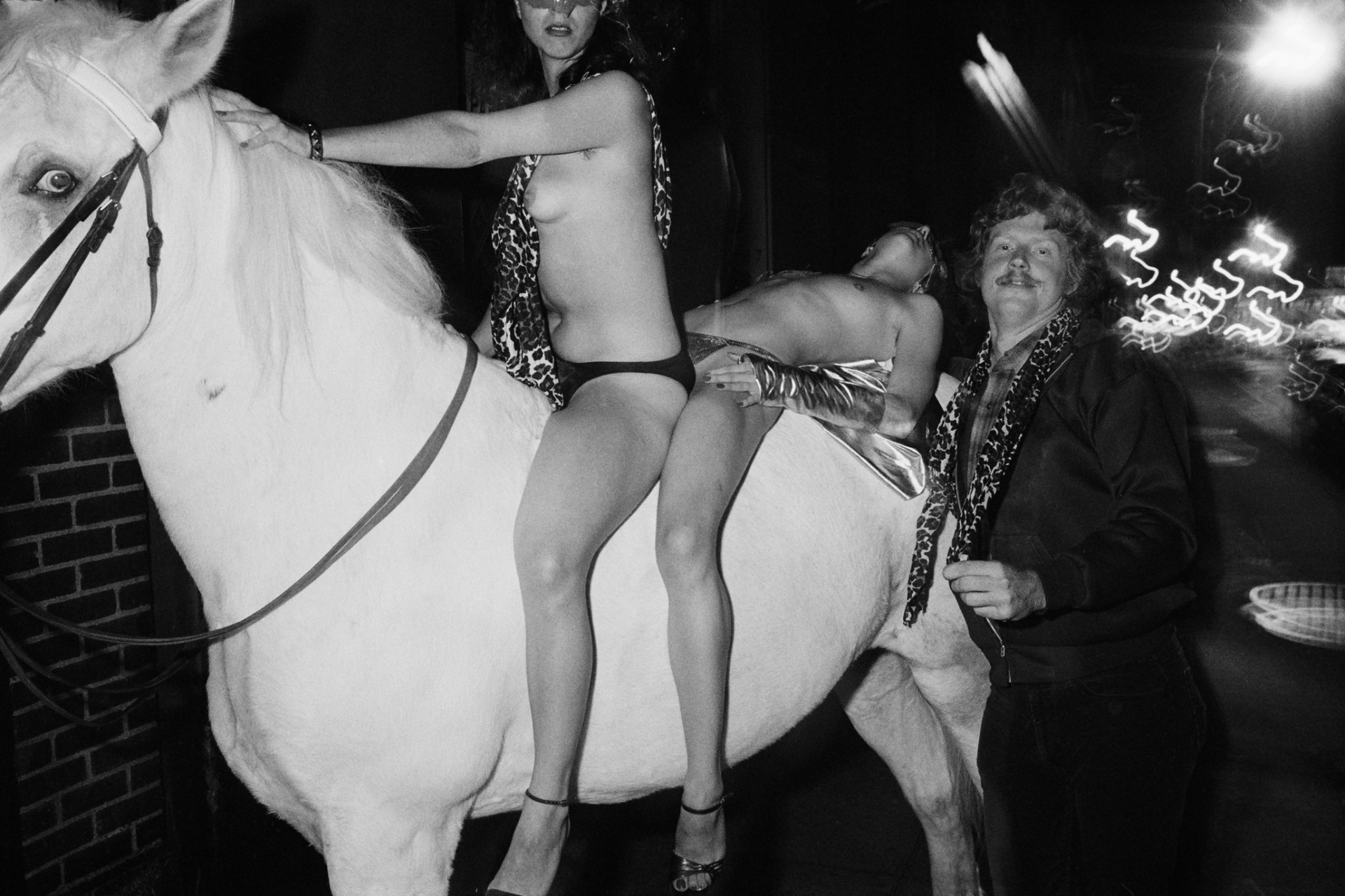
Read more..
postgraduate program, workshop
Sara Manente / Marcos Simoes THIS PLACE
1-5 June 2015 / a.pass
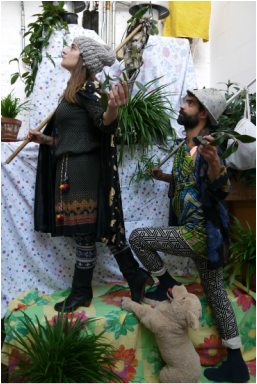
Read more..
postgraduate program, workshop
Oscar Parada TOWARDS A COLLECTIVE RITUAL
22-26 June 2015 / a.pass
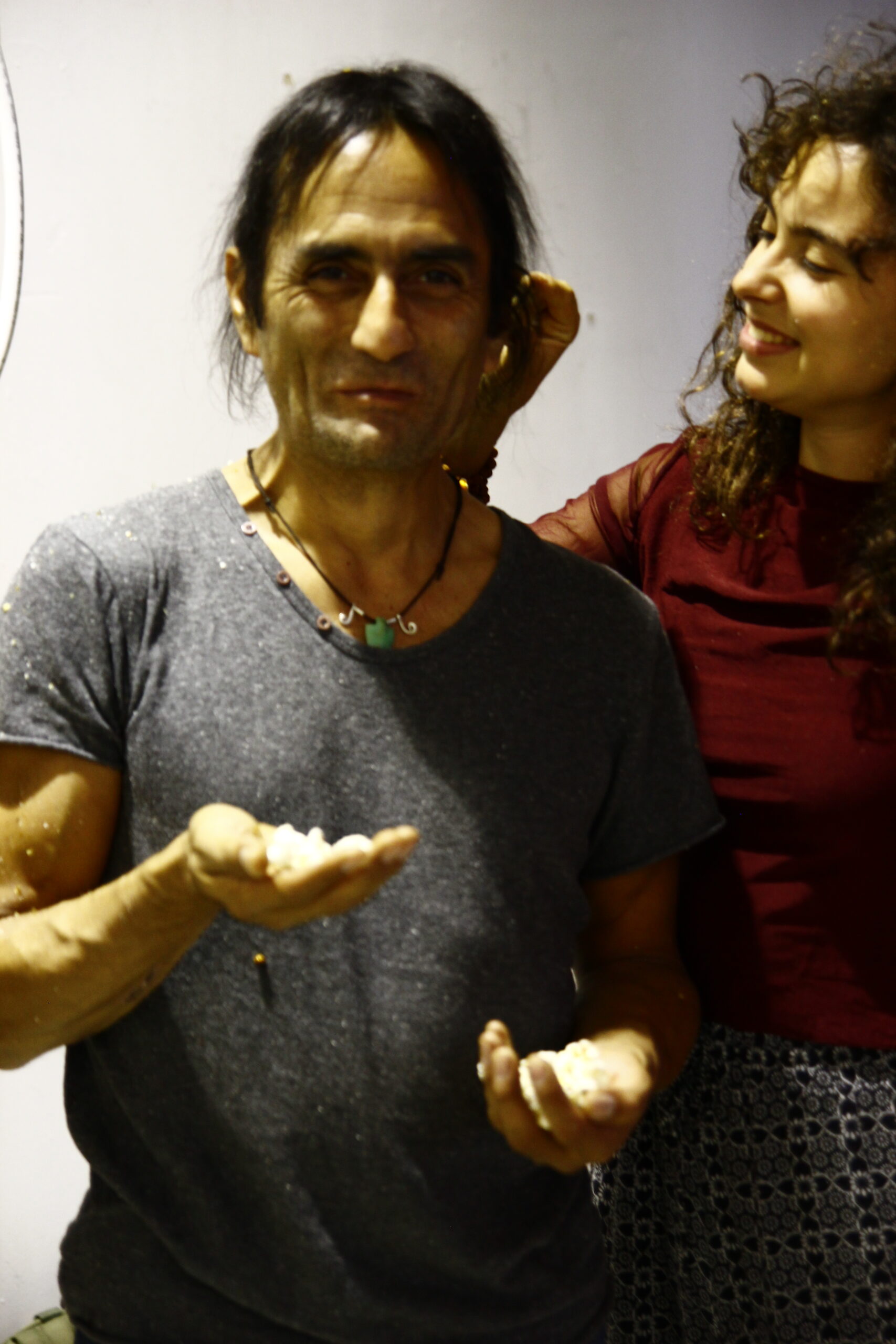
Read more..
postgraduate program, workshop
Peter Stamer / Luanda Casella SIX DEGREES OF SEPARATION
29 June-3 July 2015
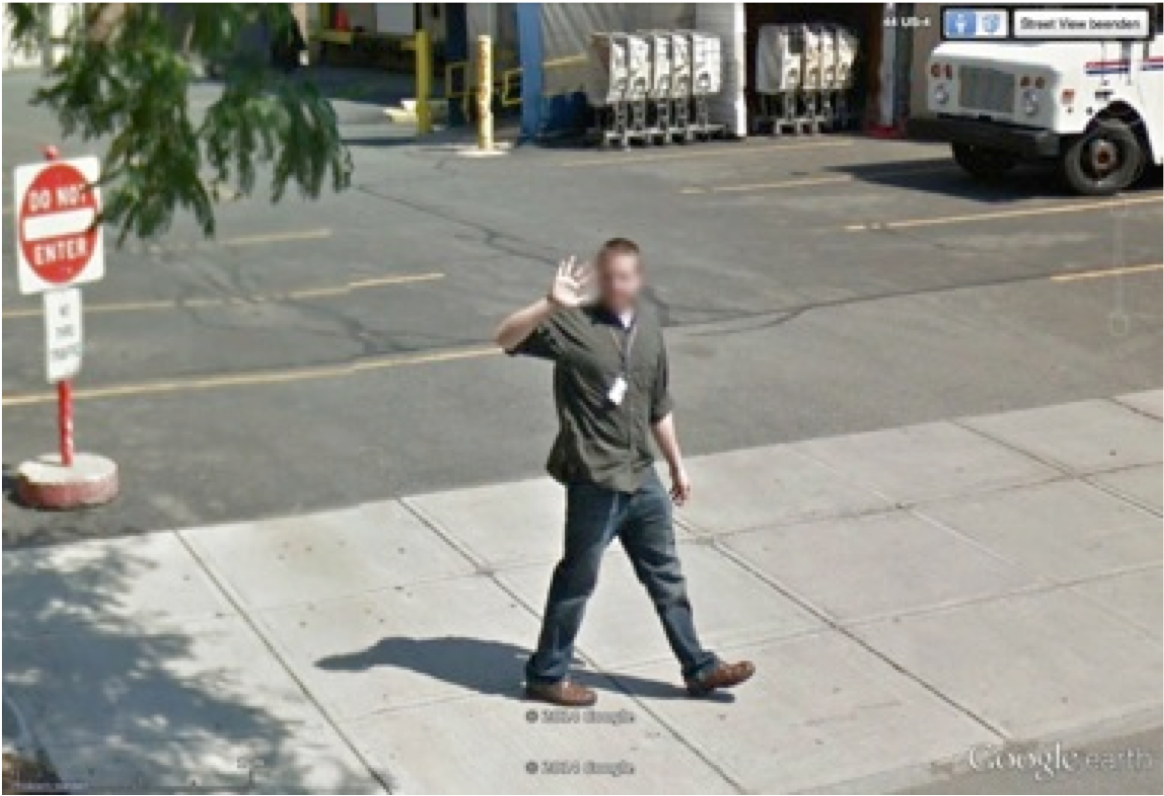
In 1969, the American psychologist Stanley Milgram designed a study to explore if two randomly selected individuals, strangers to each other coming from different American states, are nevertheless connected by acquaintances in between. Starting the test in Kansas/Nebraska, linking people to one individual in Massachusetts, the experiment suggested that an individual knows of any target person only by six degrees of connecting steps: Mr X from Kansas knows someone who knows someone who knows someone who knows someone who knows someone who knows Mrs Z, living in Massachusetts.
Read more..performative publishing, postgraduate program
Magic Night / Crystal Seeds
15-15 July 2015
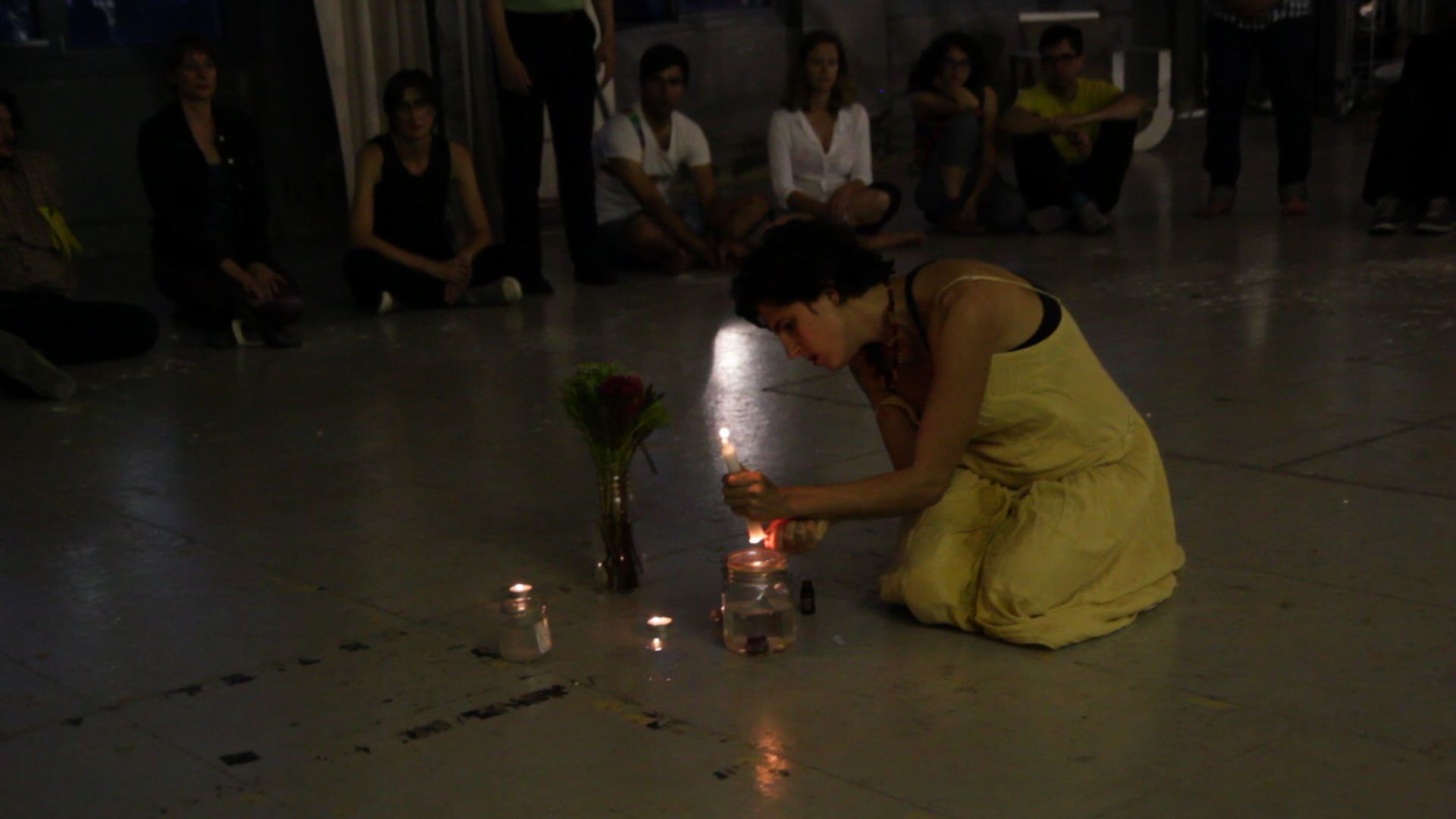
Read more..
performative publishing, postgraduate program, research center
MAGIC NIGHT
24 July 2015
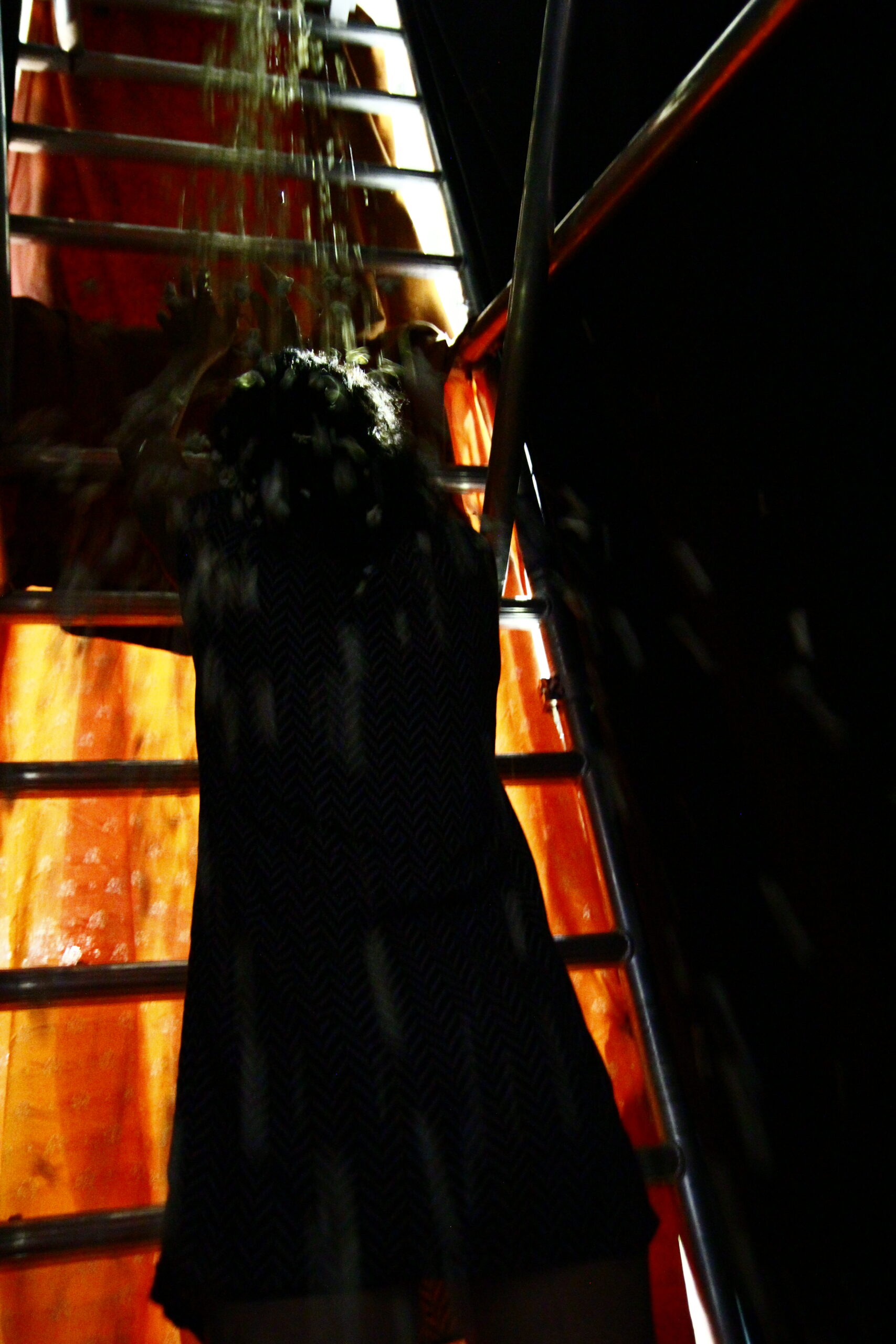
Read more..
performative publishing, postgraduate program
Self Interview Draft Pierre/Pierre
31 July 2015
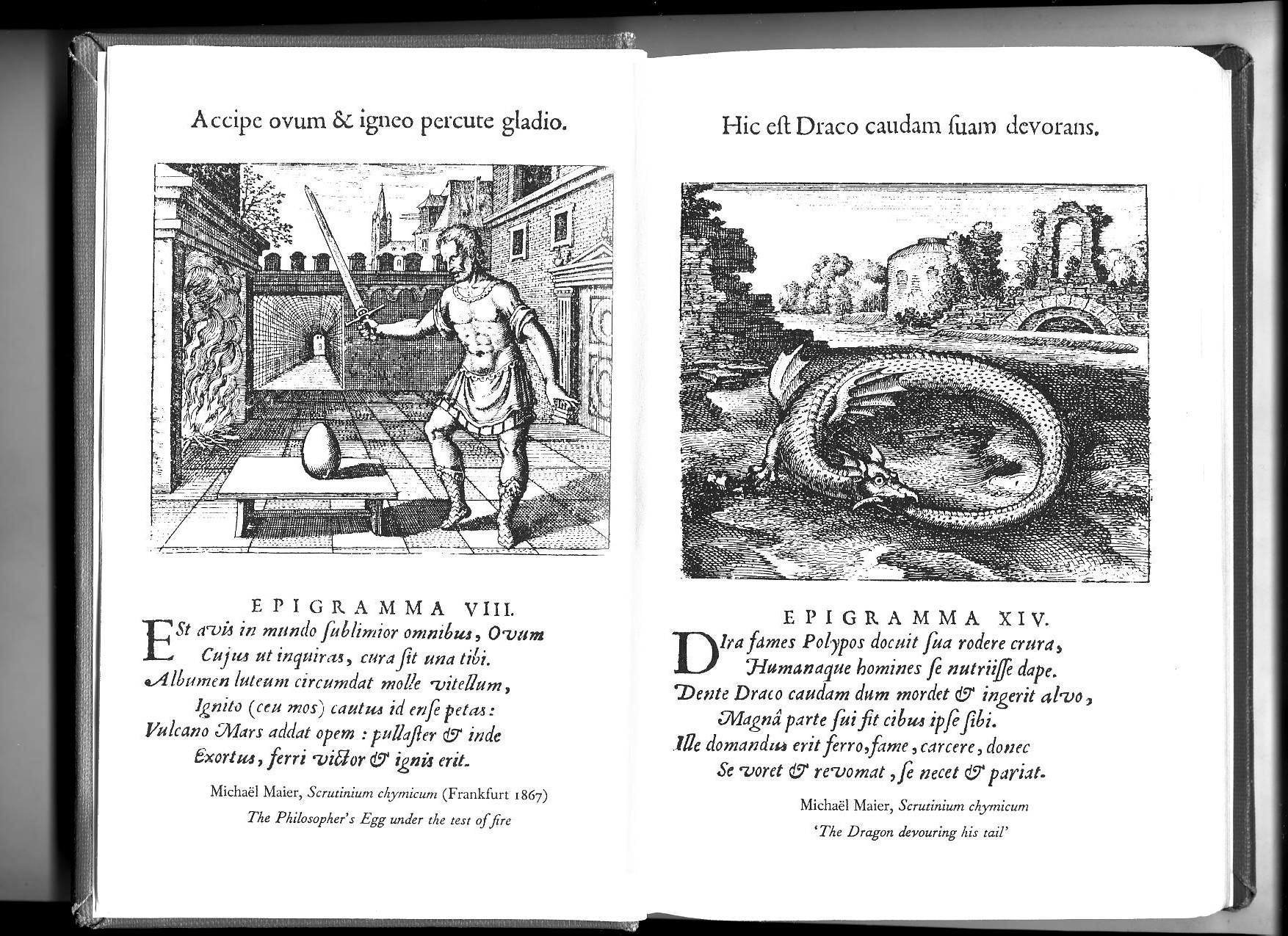
Read more..
performative publishing, postgraduate program
Self Interview draft Thiago written / Thiago transcribed
31 July 2015
Thiago’s Self-interview I write in Italic. I make the questions. Sometimes I explain things for you, the one who reads. I am a bit smarter than the others, but I don’t have a color. I am… I am a recorded voice transcripted. I am another voice, written.Read more..
performative publishing, postgraduate program
Self Interview Draft Kleoni Black / Kleoni Pink and Green
31 July 2015
On the other hand I remember when I was living in New York, I had a friend that was making fun of my vegetarianism, he was asking how living in a city like New York could be an ethical choice. Just the existence and sustenance of this city means the death to other life forms. It is complicated but urgent. A very difficult taskRead more..
postgraduate program
UNTOUCHABLE/UNACCEPTABLE/INTANGIBLE
CURATED BY ELKE VAN CAMPENHOUT & NICOLAS GALEAZZI & PIERRE RUBIO
1 August 2015
about the imaginative aesthetics of change
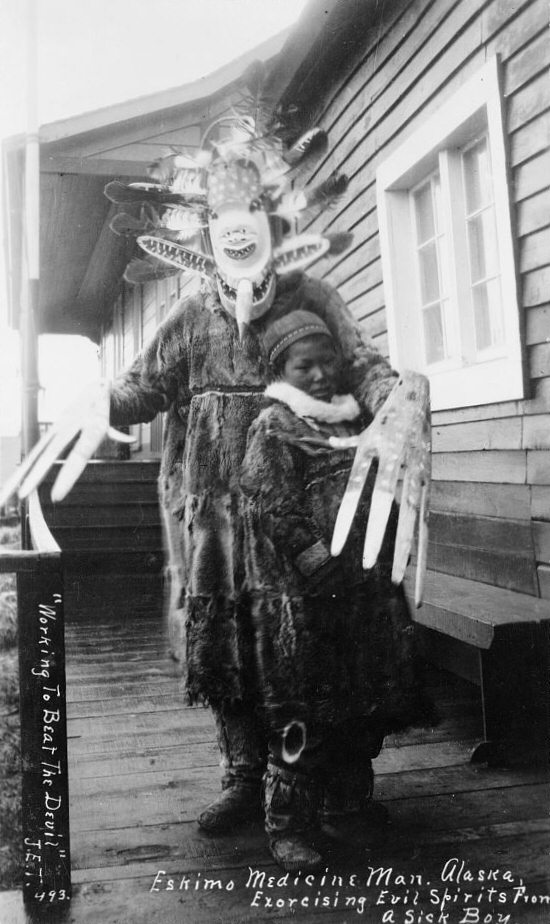
Read more..
performative publishing, research center
Bureau d'Espoir SELF-INTERVIEW Elke – Elle
1 September-31 December 2015 / Abbeye de Forest
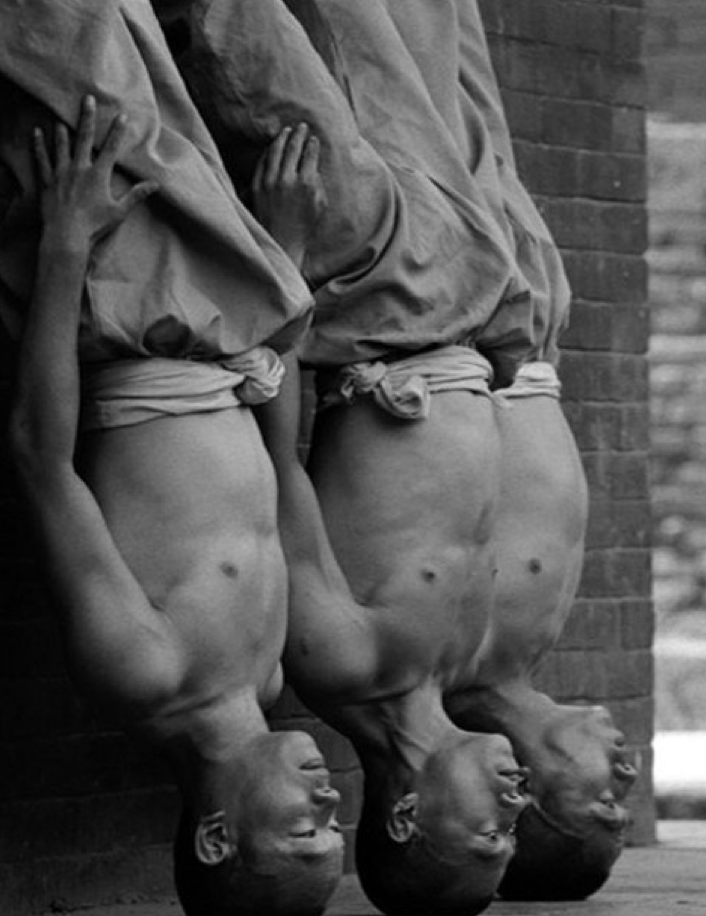
Read more..
postgraduate program, workshop
Elke Van Campenhout Who’s Afraid of the Subject?
18-22 January 2016 / a.pass
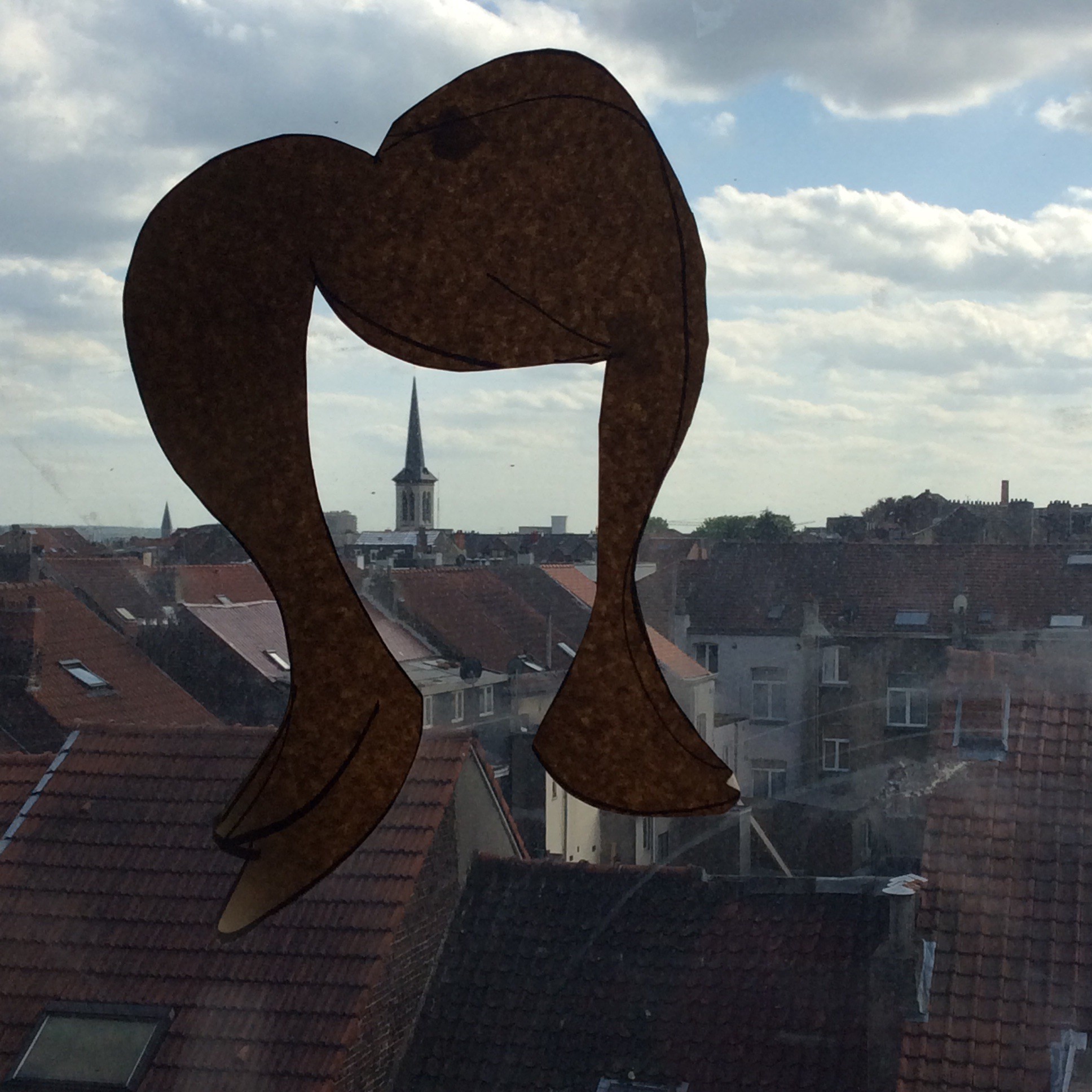
In this theoretical and discussion workshop, we reconsider the notion of the subject today:
why, after all the turn-arounds of becomings, vibrant objects and a decentralisation of the human perspective, do we need to reconsider the subject as an important player in our discourses and practice?
well, to start with, because there is no personal agency or ethics without it. and also because there is a need for a consciousness of what it is that subjects us, what it is that turns us into speaking, experiencing and affecting human beings. but even more so, when and why these powers are denied to us, and why?
Read more..postgraduate program, workshop
Elke van Campenhout / Vladimir Miller FEEDBACK
3-6 May 2016 / a.pass
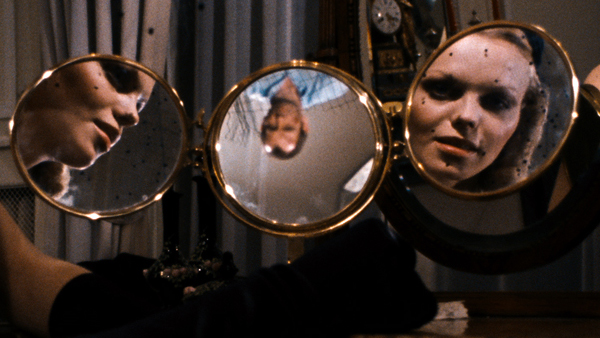
Read more..
postgraduate program, workshop
Epifania Amoo-Adare (Un)thinking Research Practice
9-10 May 2016 / a.pass
Decolonizing Theory, Mobilizing Methodologies, and Open-Ended Becoming(s)
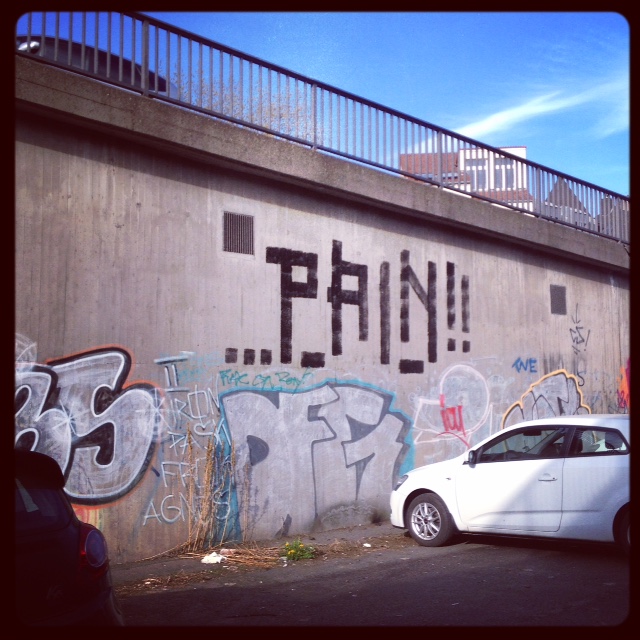
The premise of this workshop is that a critical pedagogy on the space of research knowledge production, and its related forces of (re)production, is a necessary condition for any intervention in (and of) that space. Consequently, we propose to challenge widespread understandings of research space and knowledge production as a binary researcher-researched structure that is given and fixed, in other words: a structure that is developed for and not a context that is developed by the various actors in the research process. We contrast this convention with an understanding of research space as both, a manifestation as well as a vehicle of the productive relations of power-knowledge.
Read more..postgraduate program, workshop
Vladimir Miller / Peter Stamer FORGED THEORY
5-7 July 2016 / a.pass
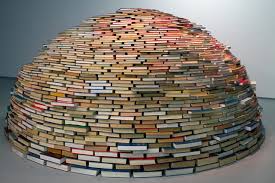
Read more..
postgraduate program, workshop
Vladimir Miller THEORIES UNDER THE COMMONS
26-30 September 2016
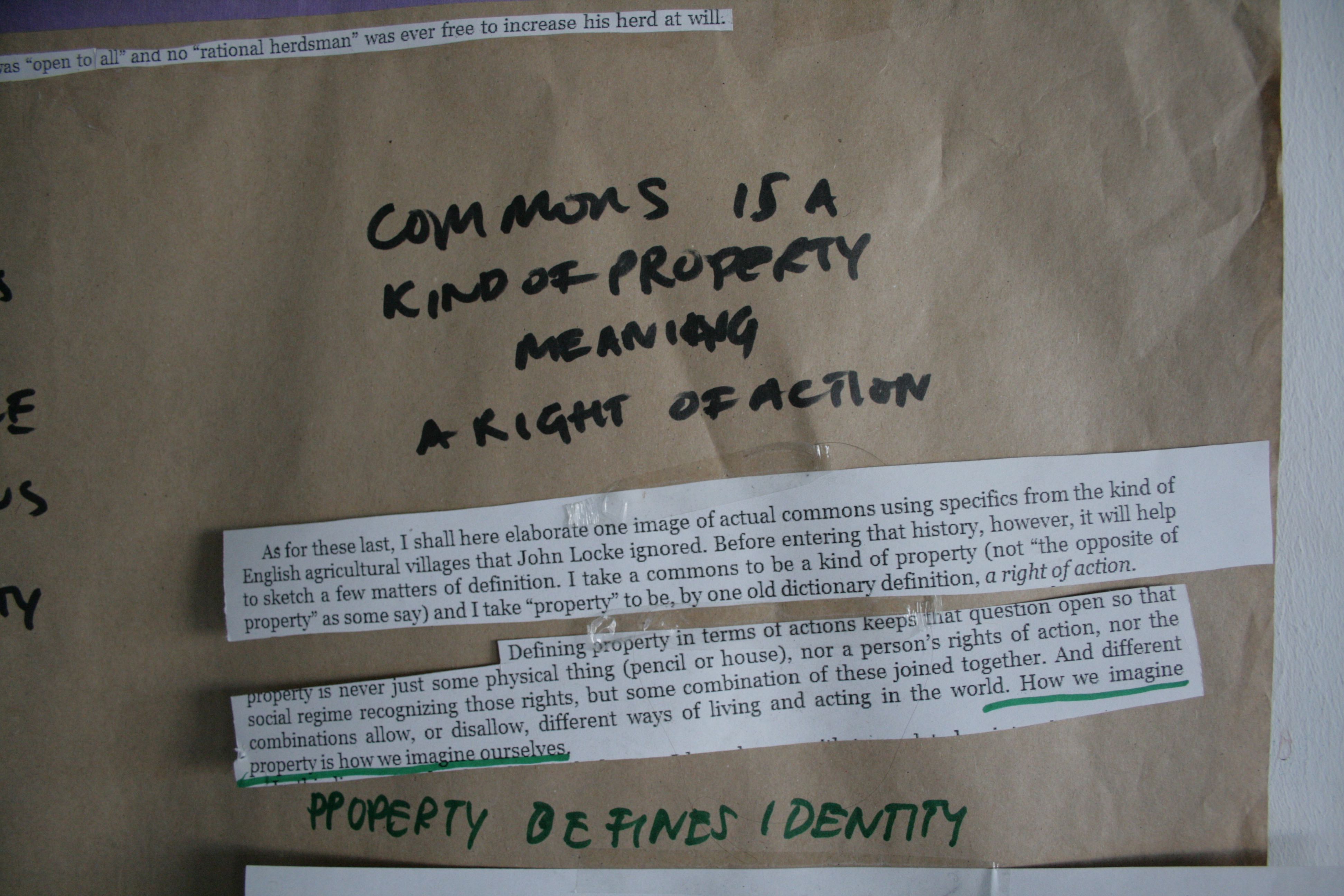
Read more..
postgraduate program, reading session
Book Clubs #3 & #4 Situated Knowledge
2-9 February 2017 / a.pass
Book Club Series / Sina Seifee
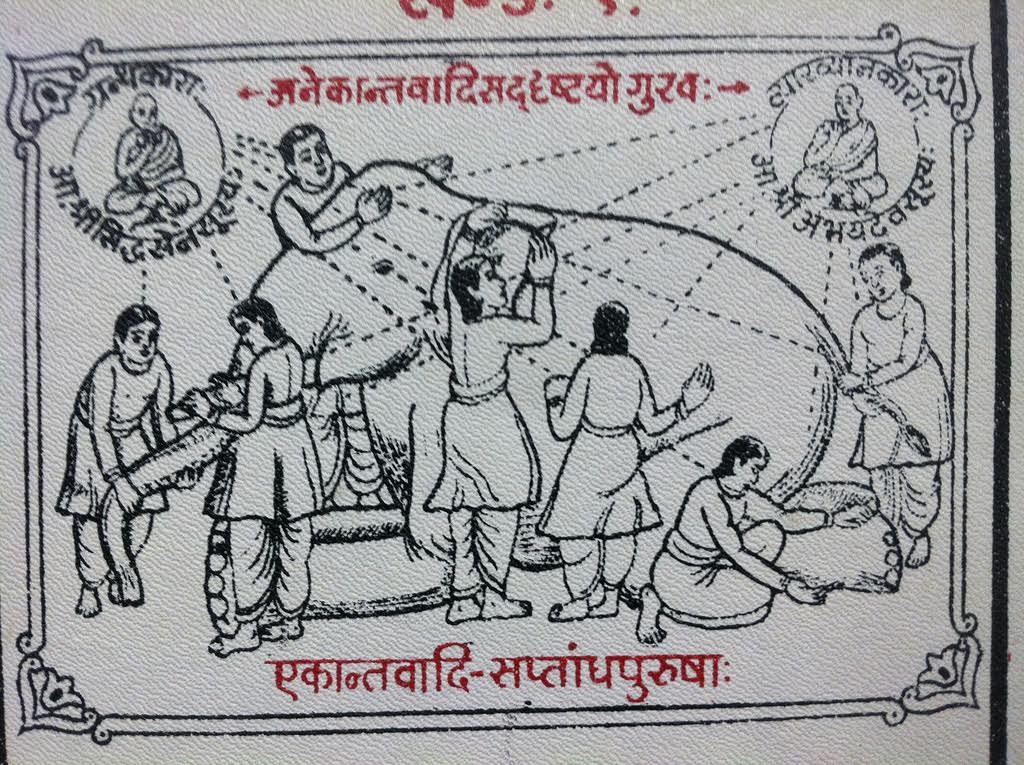
Read more..
postgraduate program, reading session
Book Club #5 Sacred Drift, a journey into political consciousness of sound
16 February 2017 / a.pass
Book Club Series / Peggy Pierrot
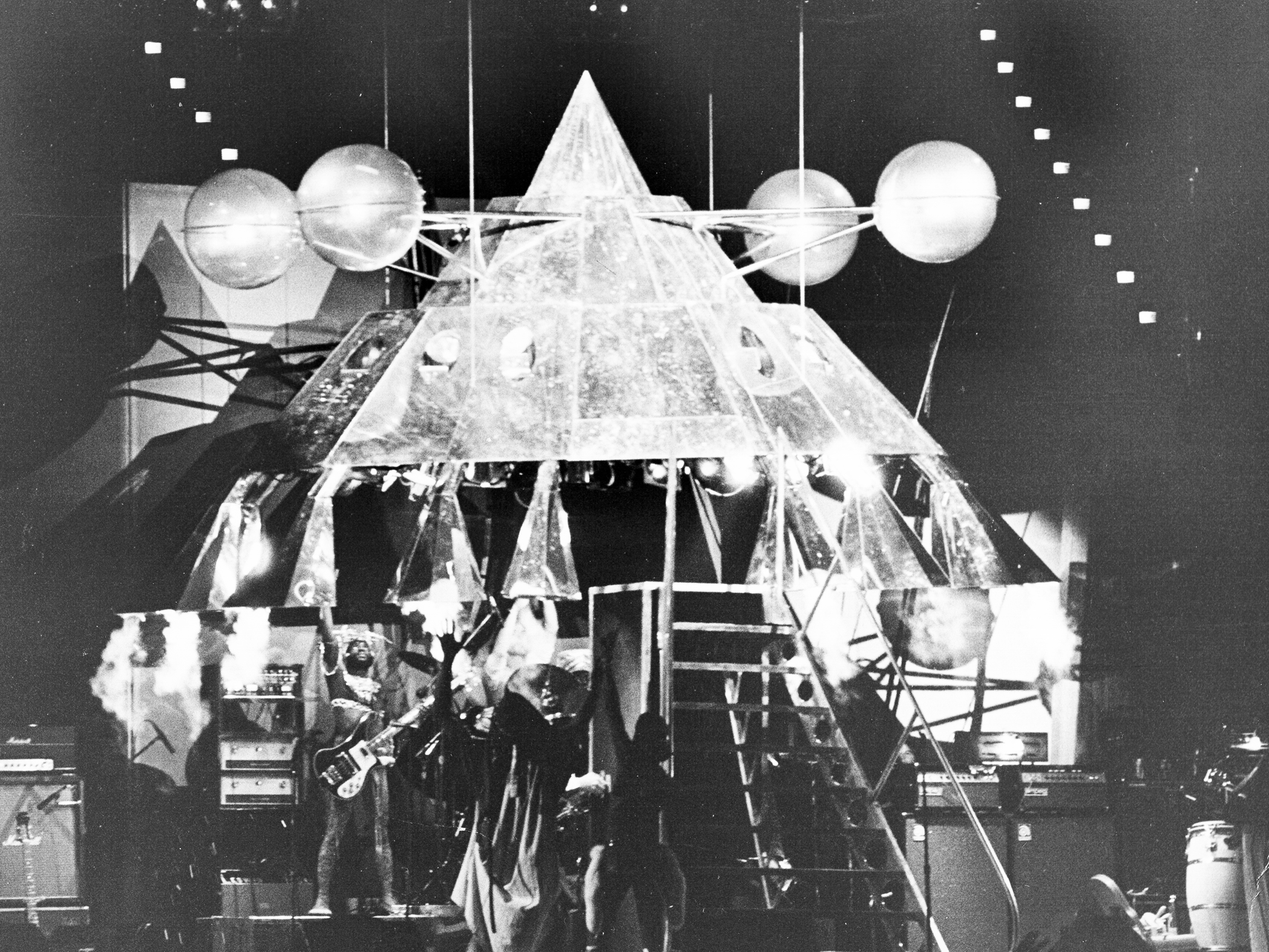
Read more..
lecture, postgraduate program
Book Club #7 Politics of Speculative fabulation
10 March 2017 / a.pass
Book Club Series / Fabrizio Terranova
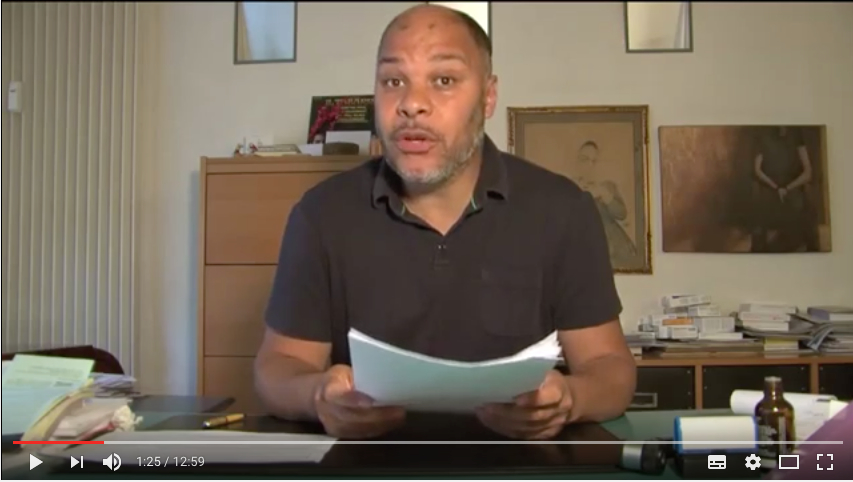
Read more..
postgraduate program, workshop
Sina Seifee Little Fables of Practice Workshop
24-25 July 2017 / a.pass 4th floor

Read more..
postgraduate program, workshop
STUDY DAYS
10 September-30 November 2018
A curatorial proposal by Adva ZAkai
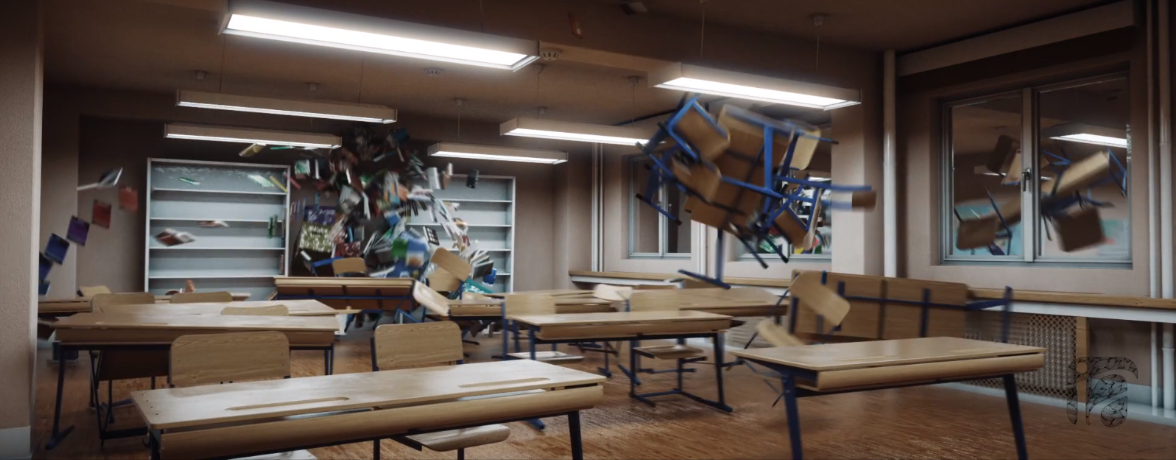
PROGRAM AND SCHEDULE
This block is organized around a series of Study Days. Almost every Monday till the end of November, a.pass hosts artists, thinkers and researchers to contribute to the problematization of various issues that bring together love, art, school, improvisation and politics.
Read more..postgraduate program, workshop
the Lecture, the Performance
4-8 February 2019
workshop with philipp gehmacher
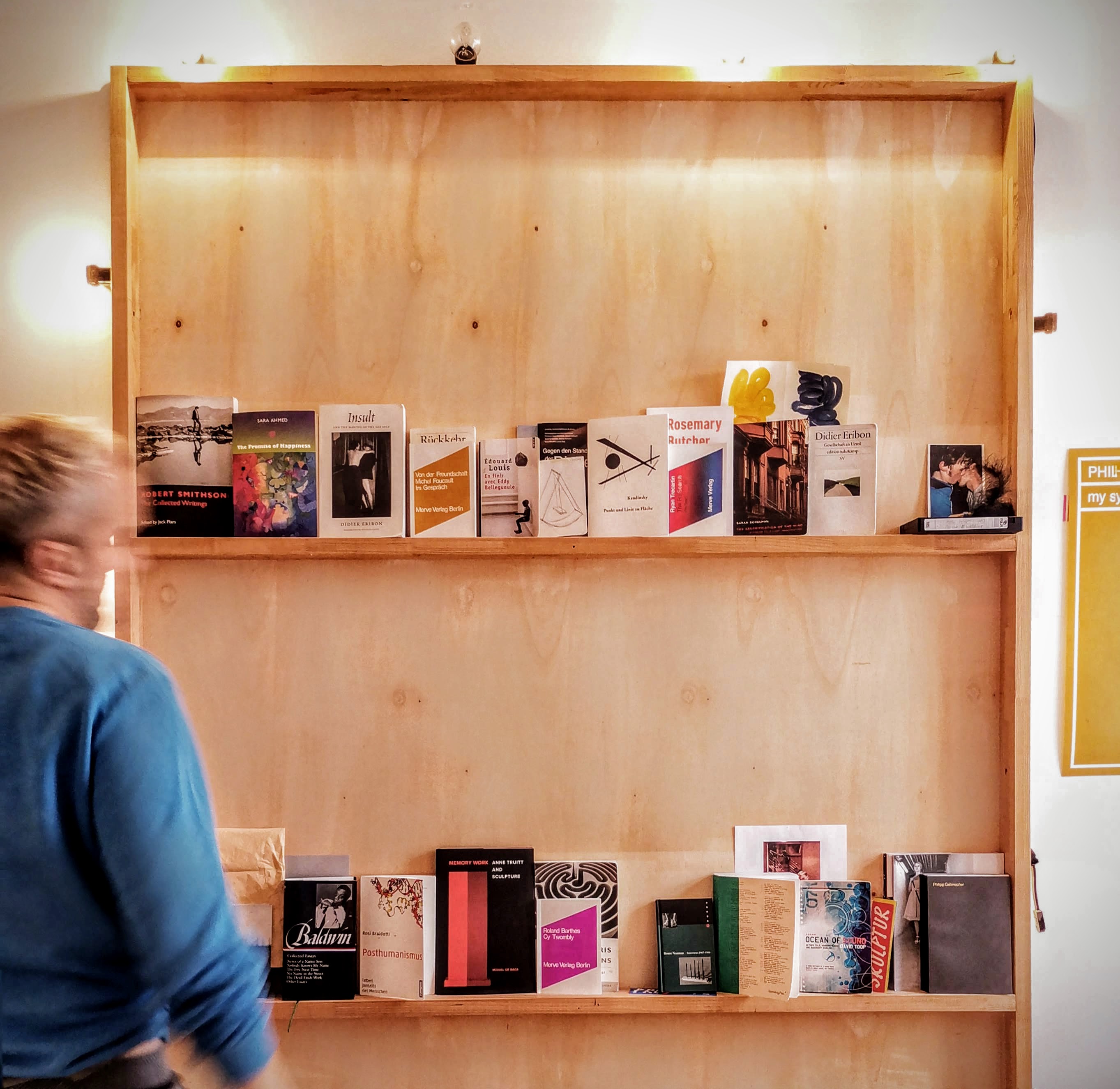
This week’s focus lies on the idea and genre of the lecture performance in the performing and visual arts. Speaking out will be looked at as a performative act of sharing thoughts and concerns about ones own research and work. The questions often arising are: Why speak out about things at all? Why not let the work speak for itself, the research be mapped out and available? Is the speaking an extra layer of added information, at times rendering the ‚shown’ and presented more informal, even personal? Whilst in fact pointing at its surrounding, as much as the institution, is there a self-referentiality involved in speaking that we cannot escape whether we speak about ourselves, our concerns or just matters seemingly ‚worldly‘ and not personal? Speaking is however also about utterance and the speech act, performative as such, in the now, whether scripted or not. Speaking points out, maps out, accompanies actions and discursifes often all at once.
Read more..postgraduate program, workshop
Krõõt Juurak AUTODOMESTICATION
27-31 October 2020 / a.pass
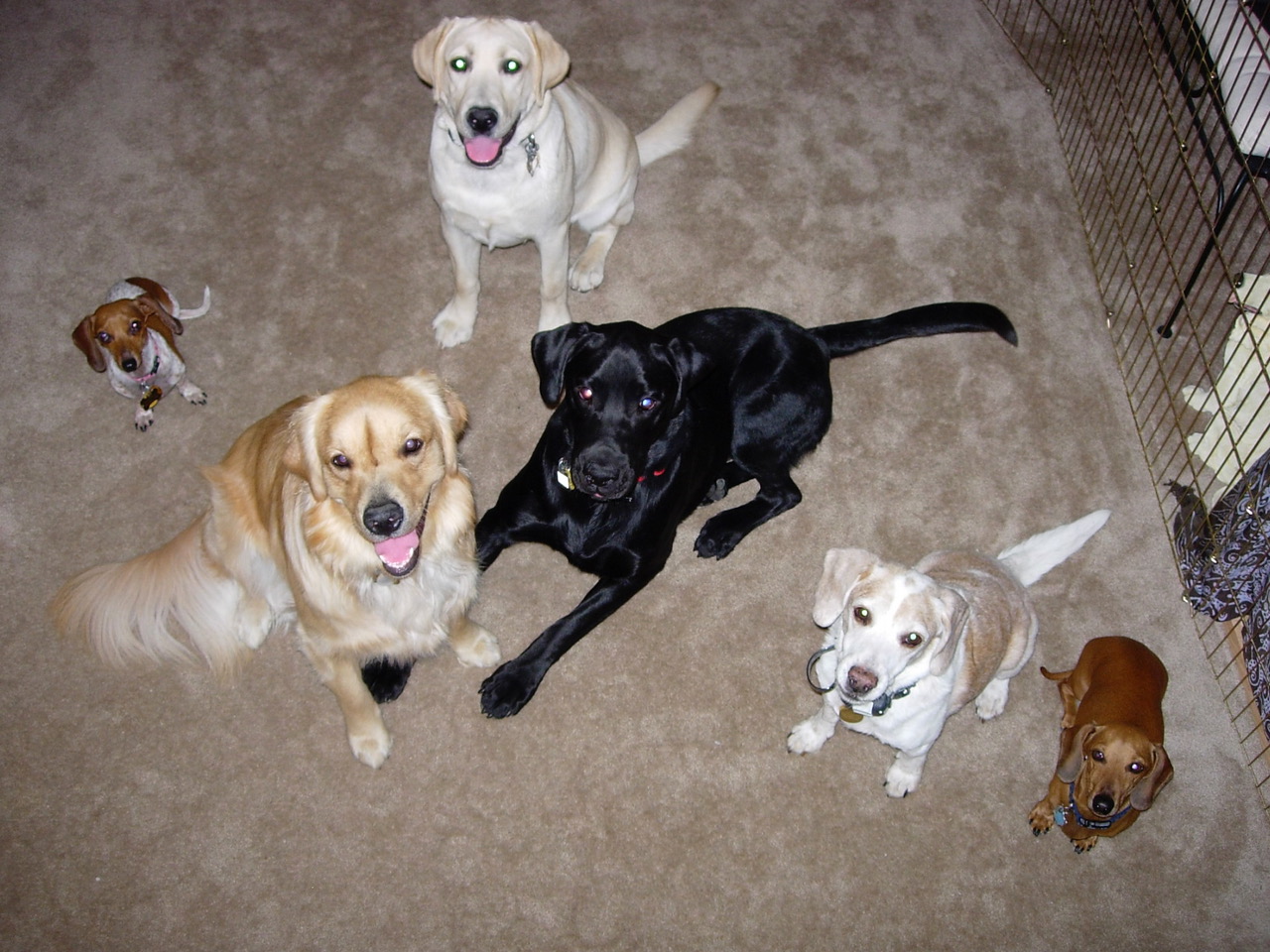
As a performer you provide your audience with something that cannot be measured in material terms. As regards the activity that produces the cultural content of the commodity, your labour involves a series of activities that are not normally recognised as work – activities involved in defining and determining cultural and artistic standards, fashions, tastes, consumer norms and, on a strategic level, public opinion. As a performer you are primarily a producer of subjectivity. Typically, an artist’s value does not lie in what they “do” but in what they “are”. Now, remember, for example, how Richard Florida described the processes of gentrification caused by the migration of artists and creative workers – the artists may or may not be aware of the value of their mere presence but on a larger scale they produce “results” simply by existing. Survival in the (performing) arts requires creativity that goes beyond the artworks one creates. In fact, a typical performing artist spends about 99 percent of their time off stage – as an audience member, a critic, an administrator, a networker, friend, mentor, student, teacher and so on. Inventing and re-inventing oneself on and offstage, adjusting to various situations, restrictions, moving from project to project, one residency to the next, brimming with creative energy, training and forever educating oneself is the way forward.
Read more..postgraduate program, workshop
Elke van Campenhout Debunking the Myth
16-20 November 2020 / online
or The Emperor’s New Clothes Revisited
NEW DATES!
16.-20. Nov 2020
To be a contemporary artist comes with a lot of prerequisites these days: unspoken discourse rules, critical norms, and a general salonfähig consensus about values like fluidity, horizontality, collaboration, etcetera… Often these values are taken for granted while a strong discourse is ruling the artist’s world, zooming in on any hint of postcolonial insensitivity, patriarchal blindness, gender observations, and faintly non-consensual power use. This attitude stems from the bountiful history of feminist and queer studies, cultural studies insights, and a general growing awareness of her-stories and the damage done by biased educations and cultural misgivings. But at the same time there are also a lot of other untouched territories underlying these value markers: 19th century romanticism, liberalism, humanism, … Each one carrying within it a very specific view of what it means to be a human being in this world, how we are connected and what we are able to convey.
Read more..performative publishing
Audrey
29 April 2021
